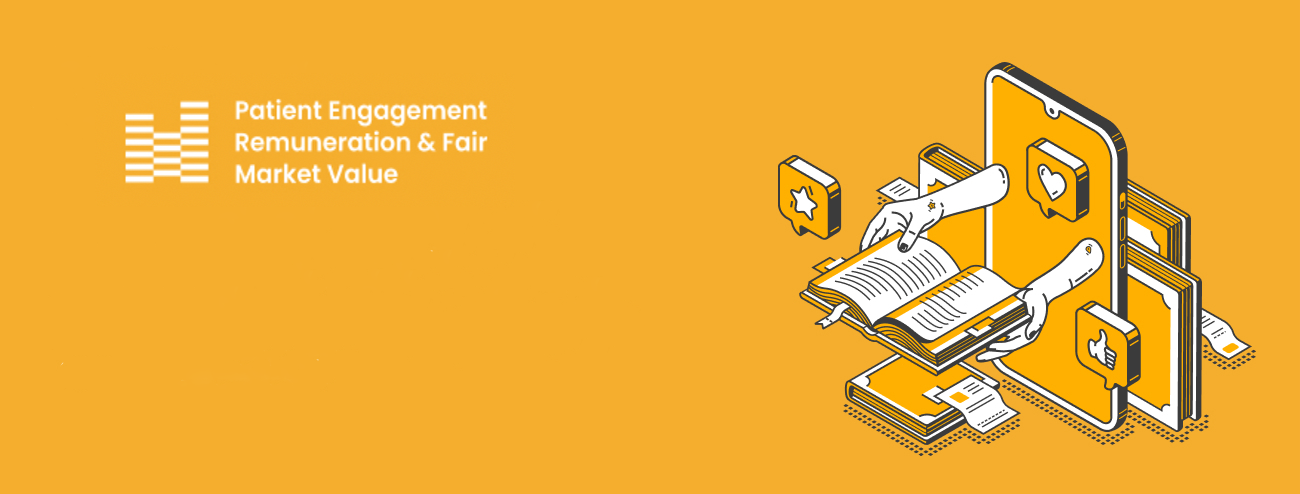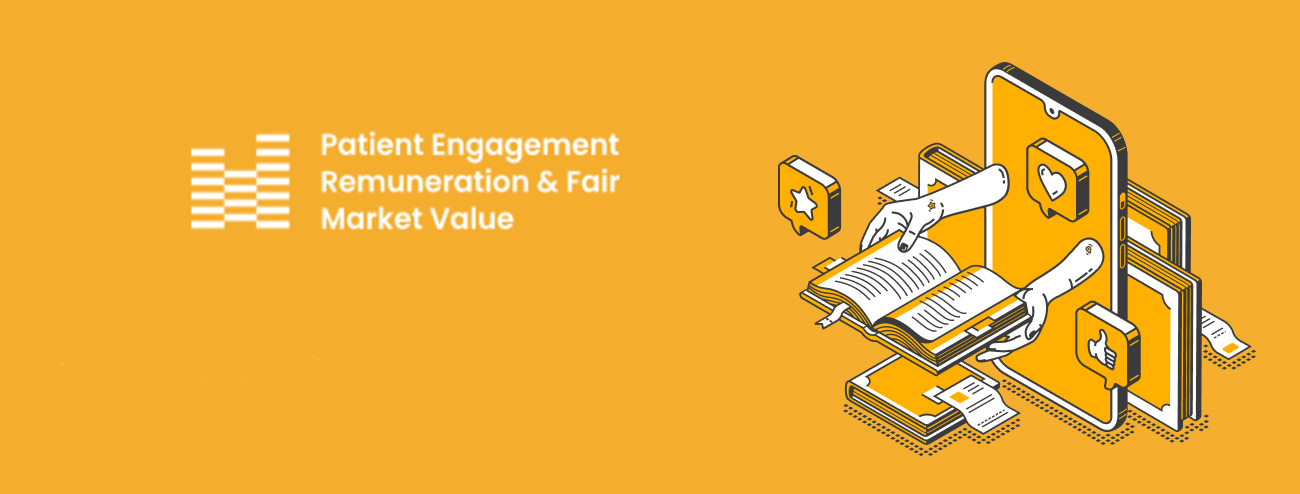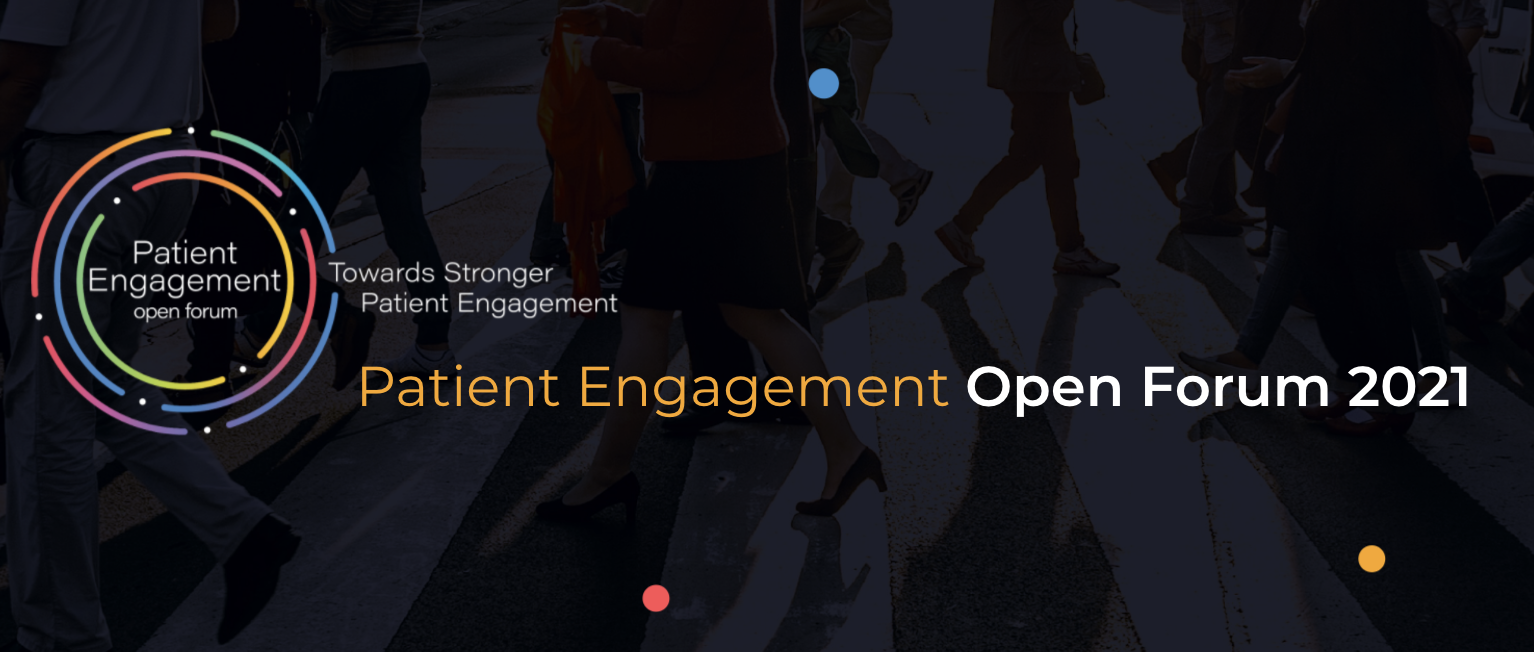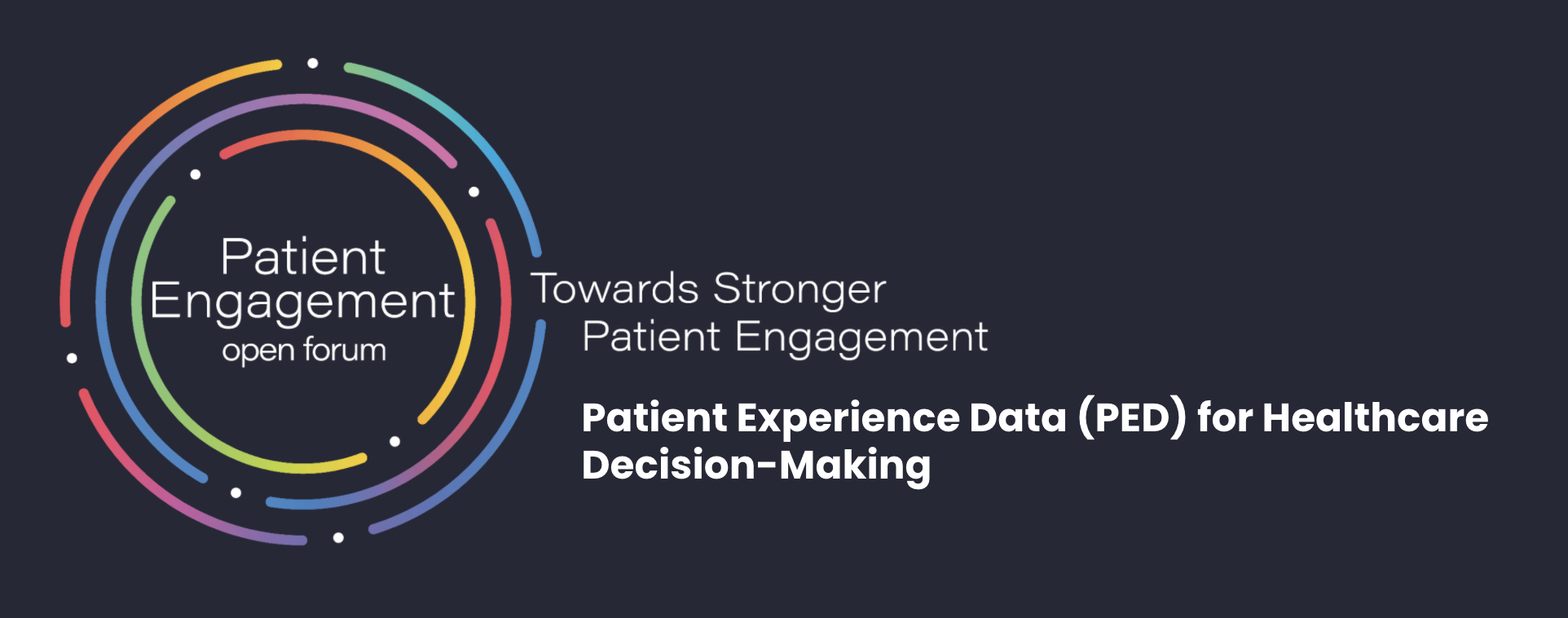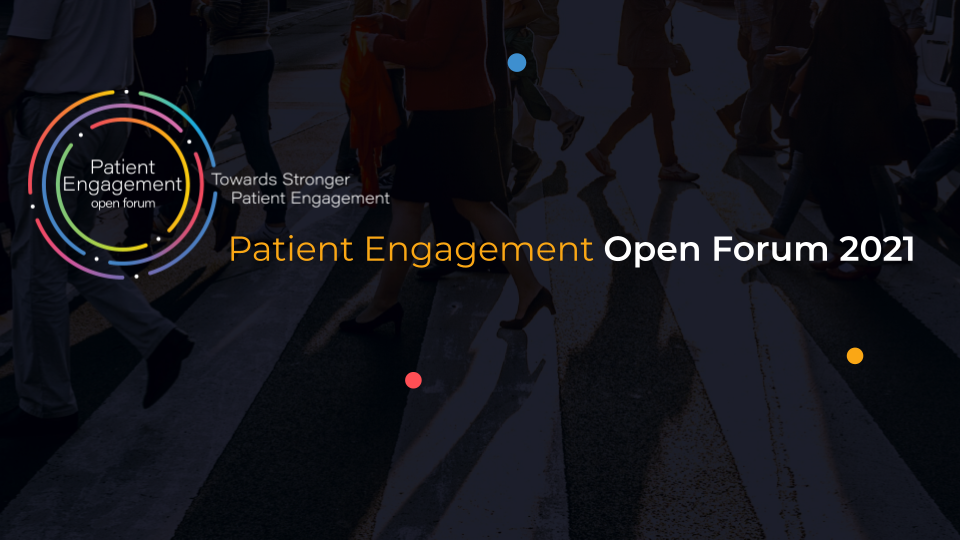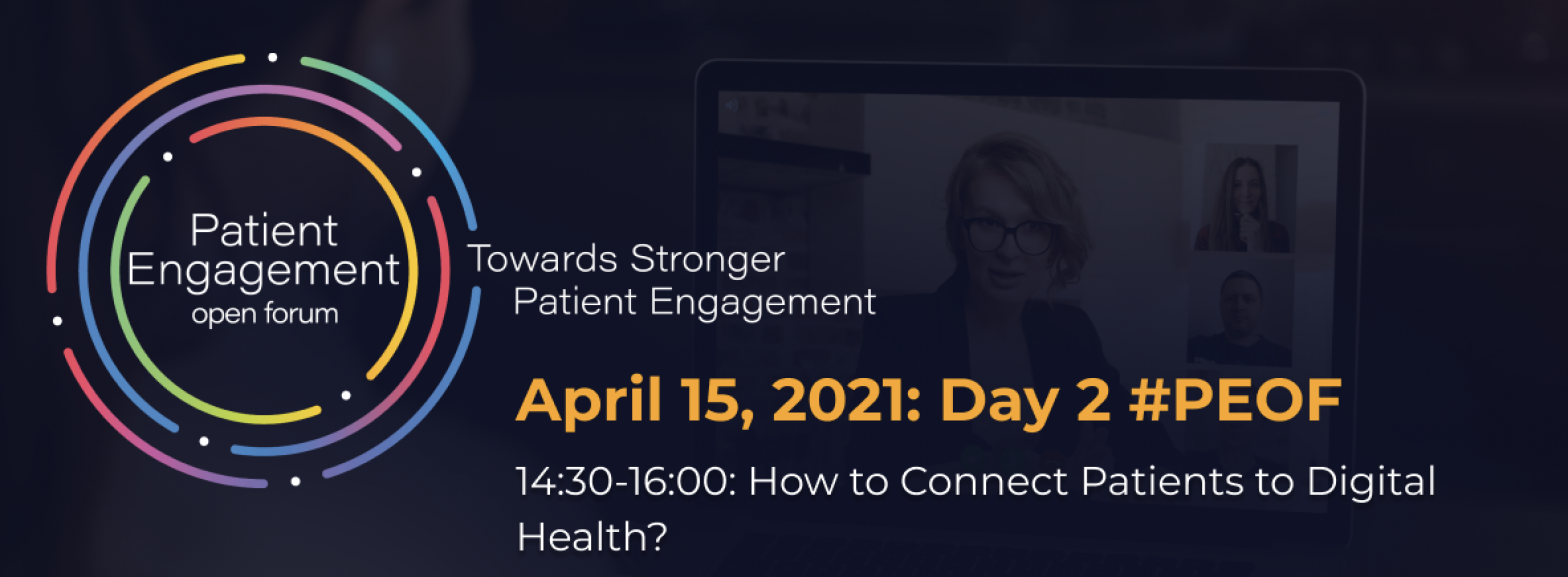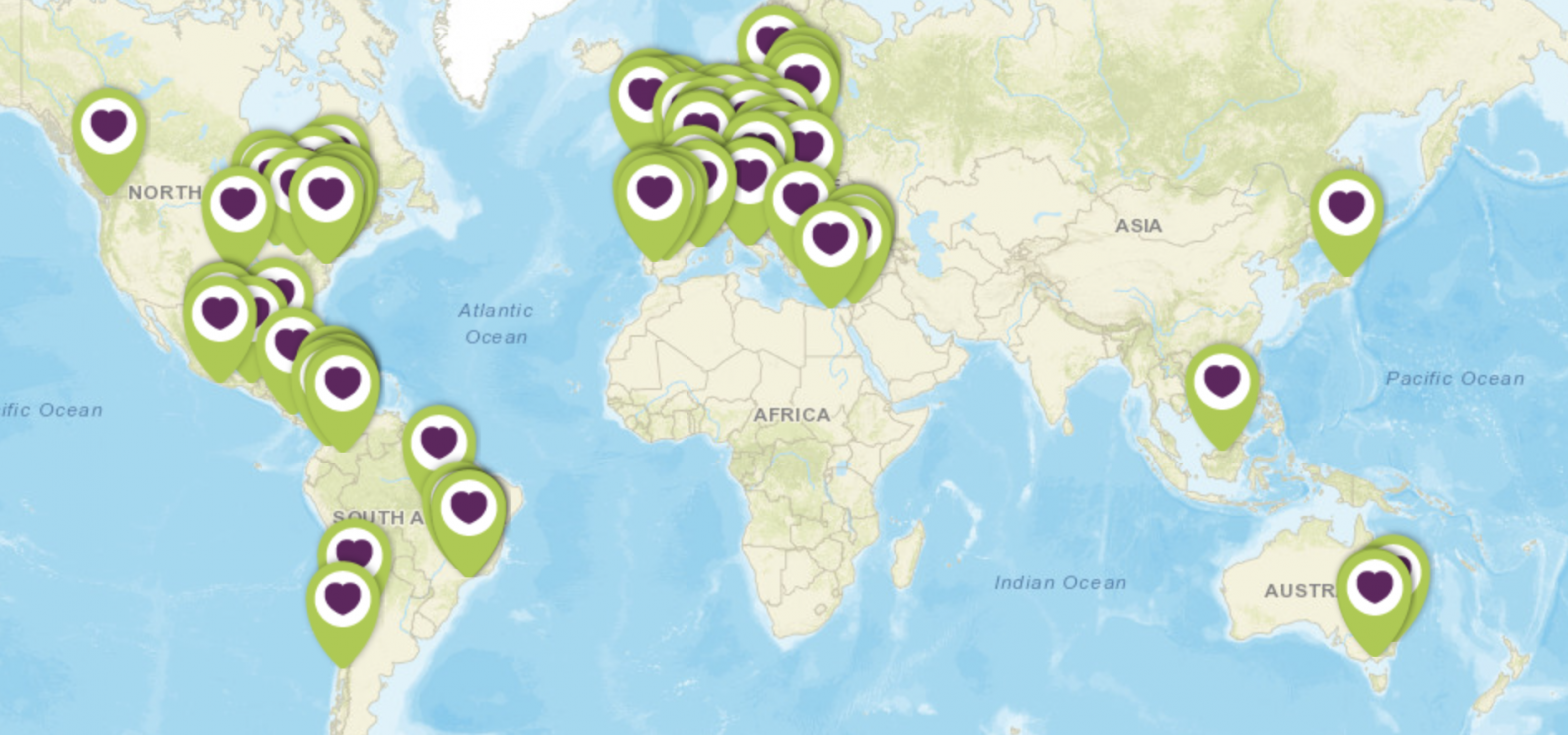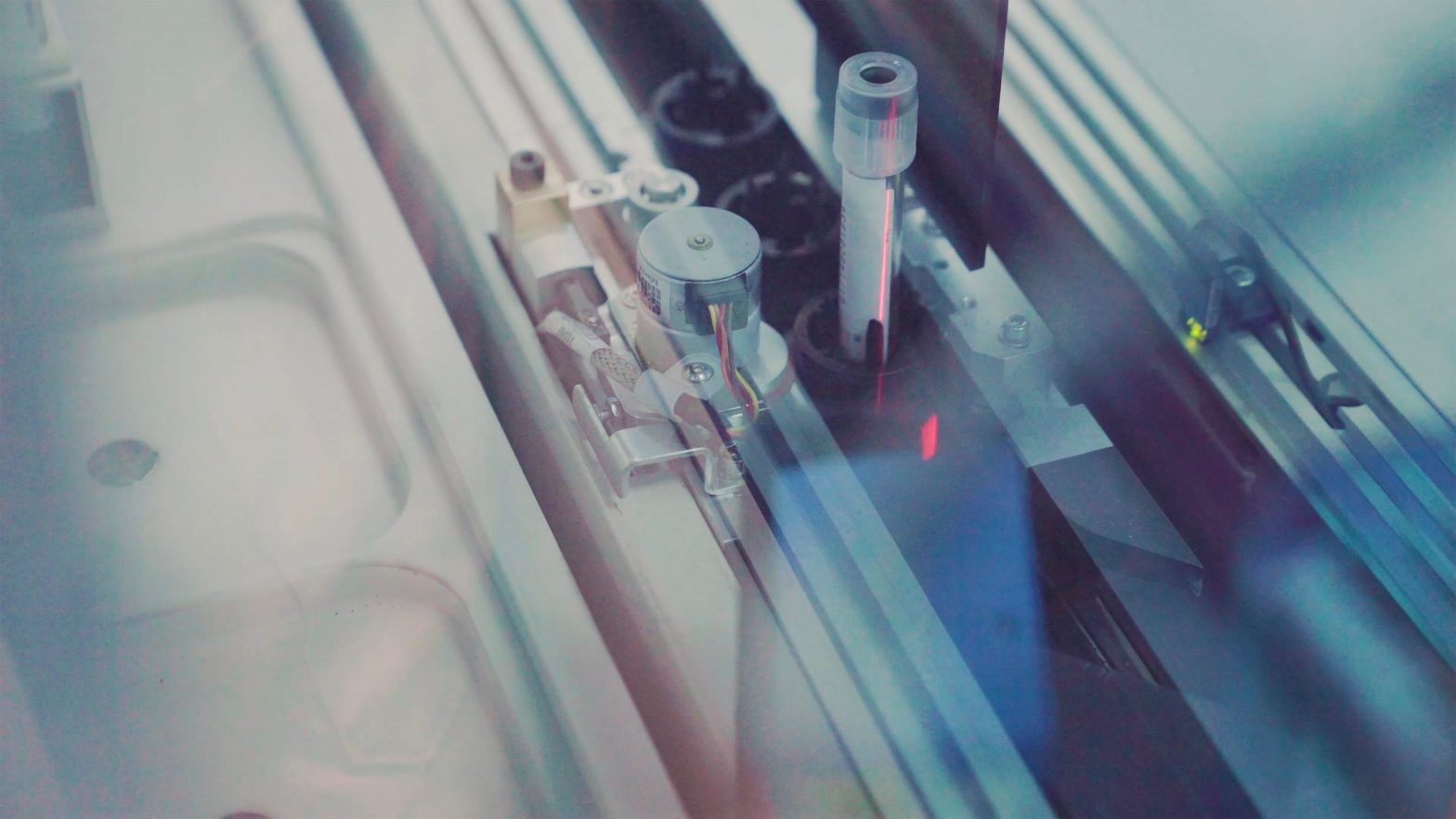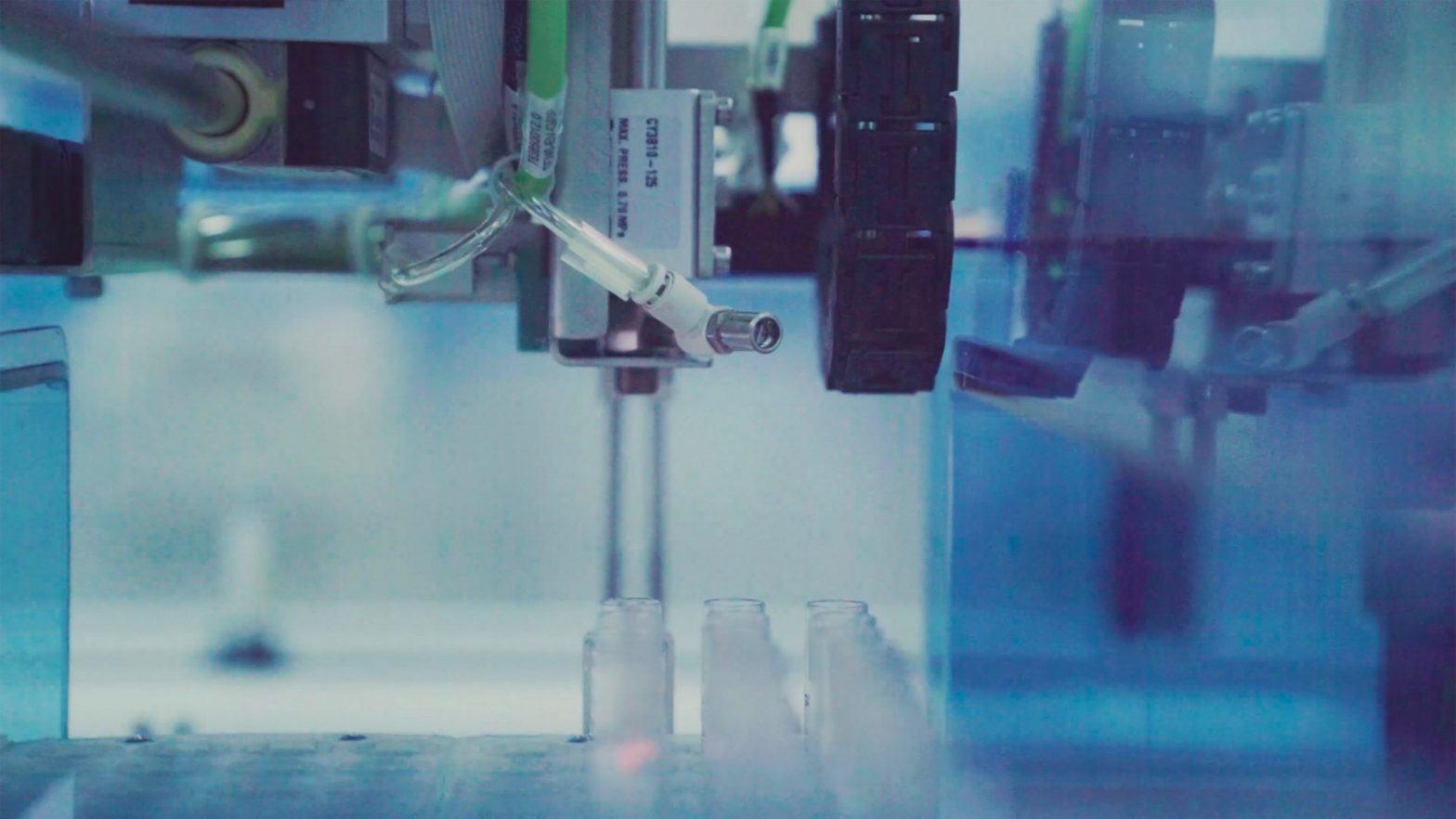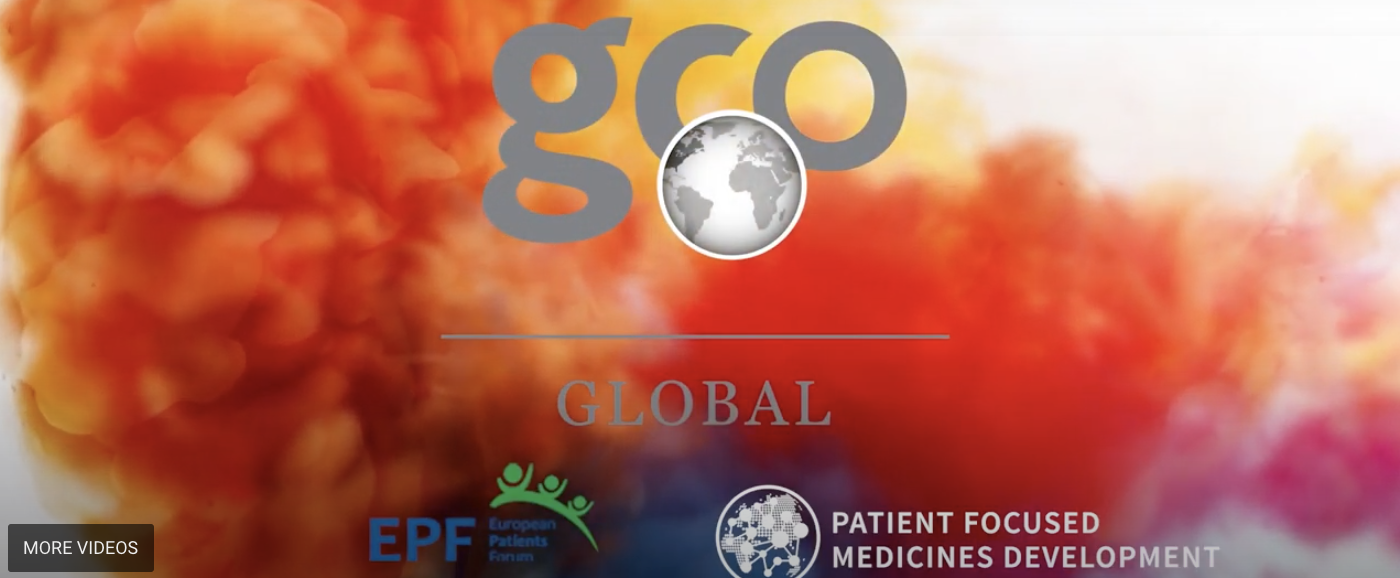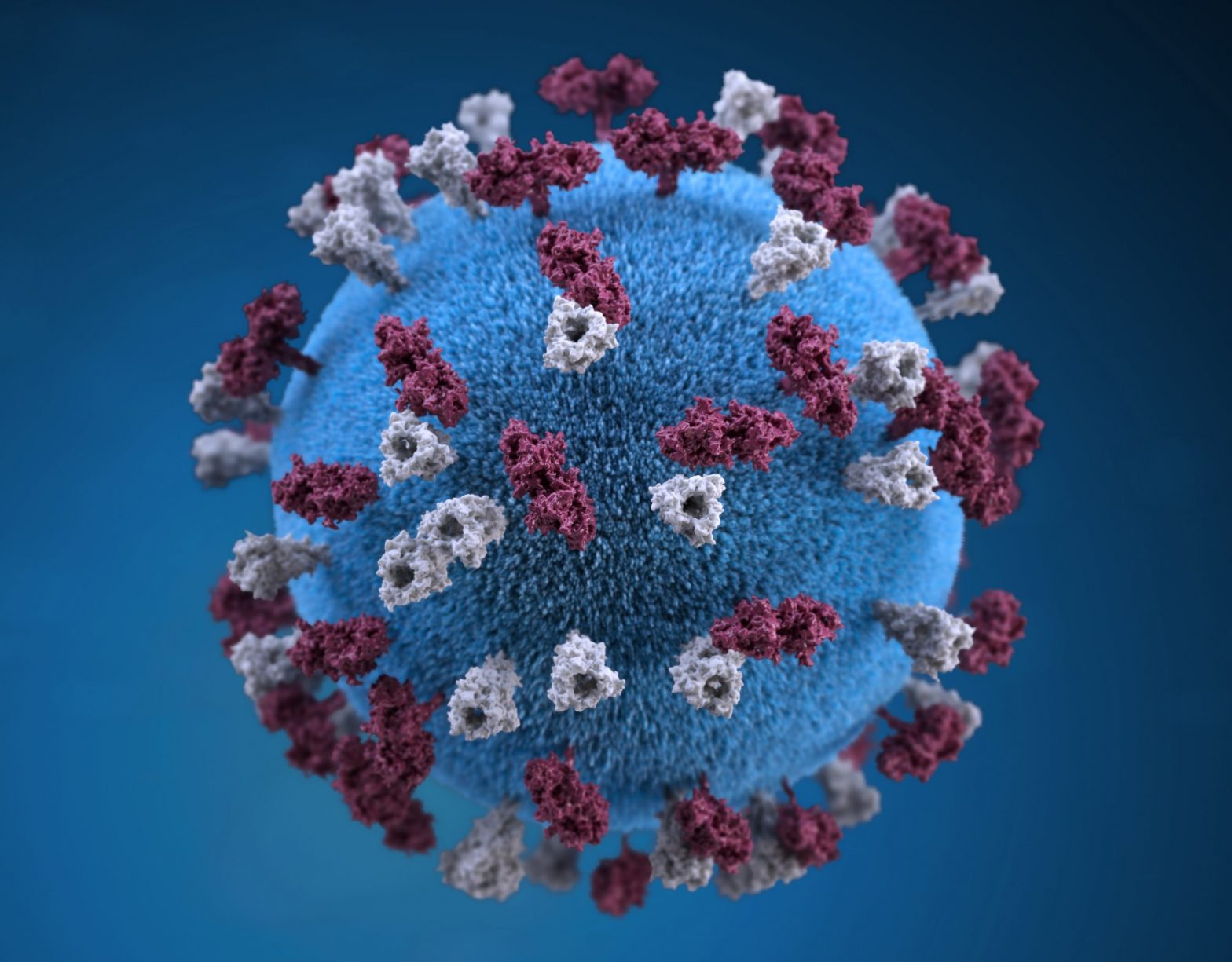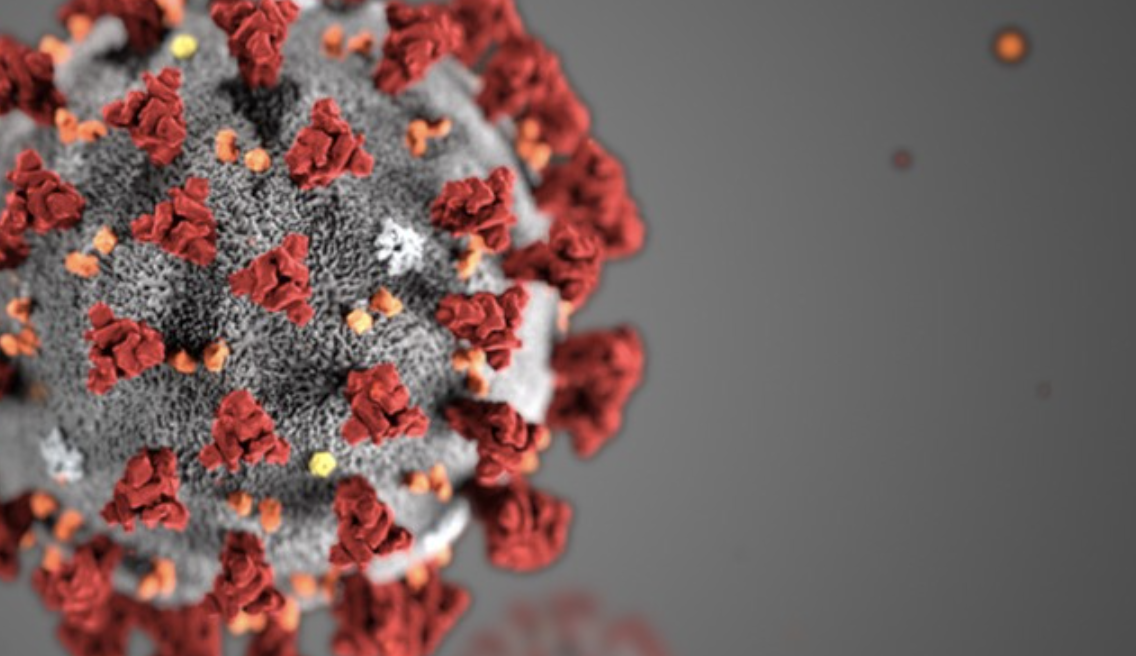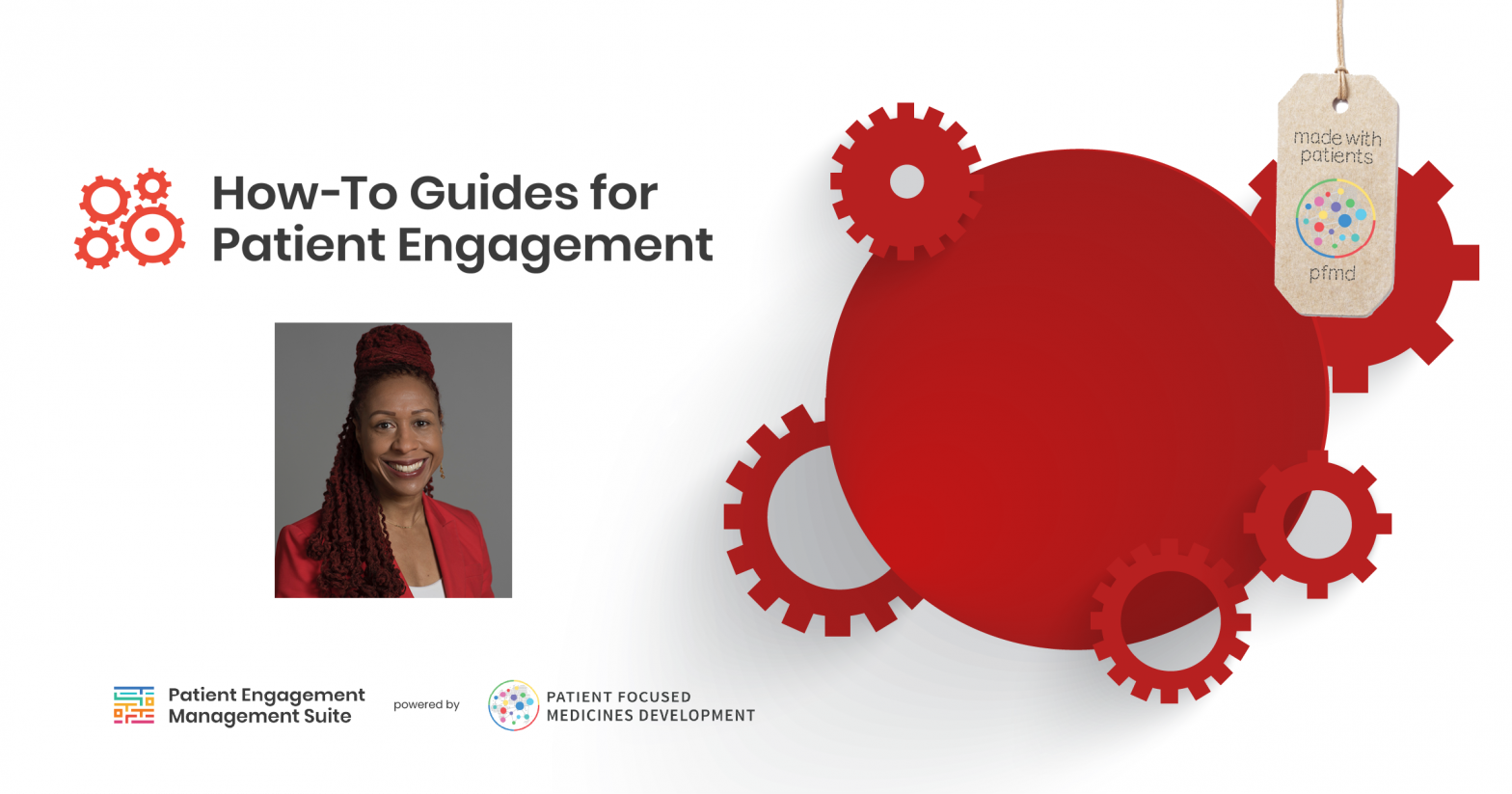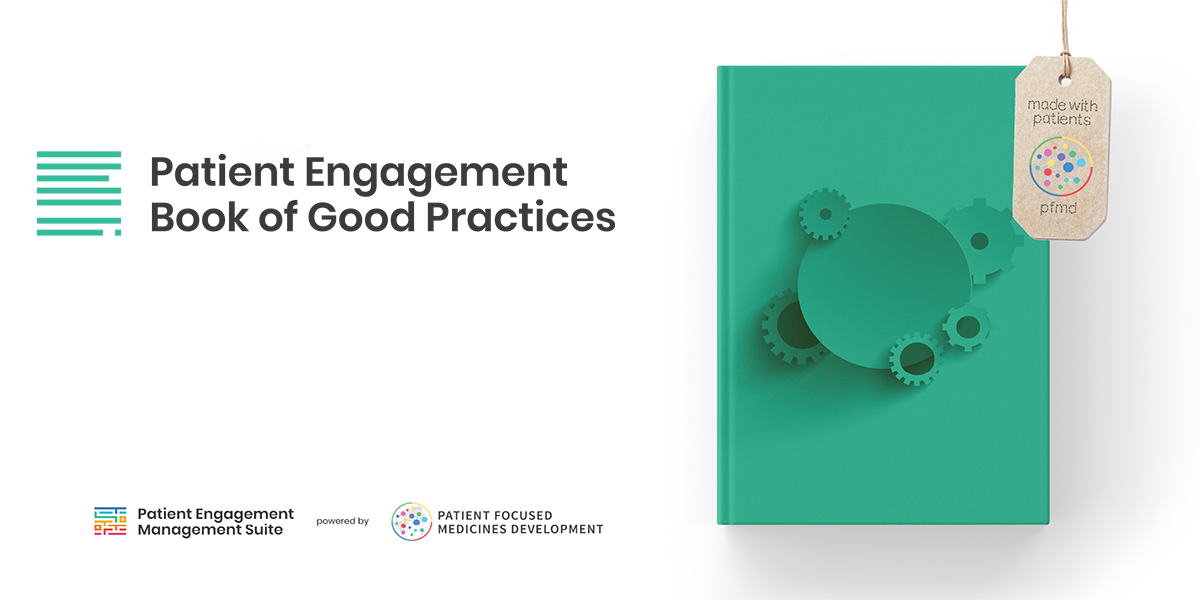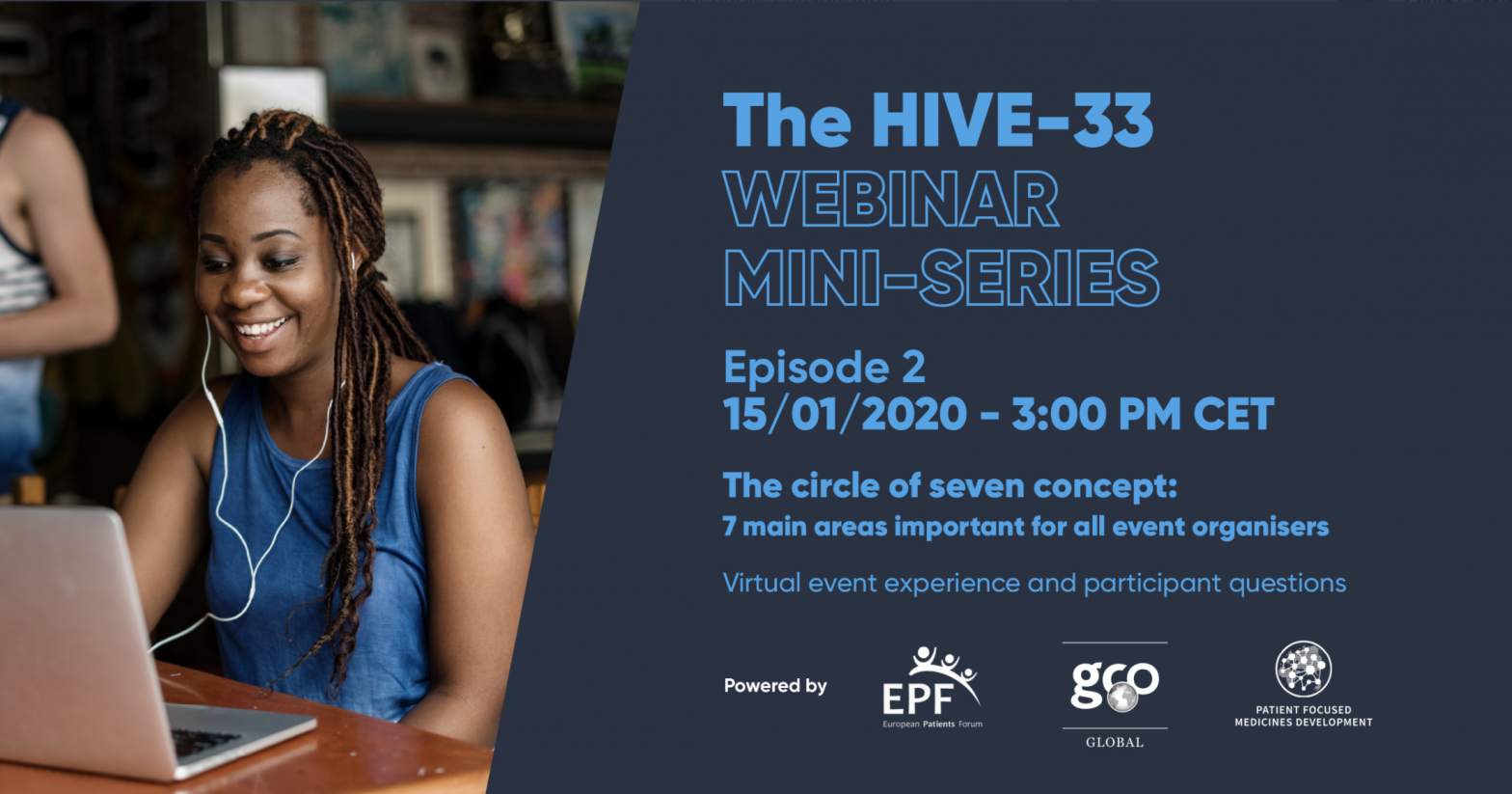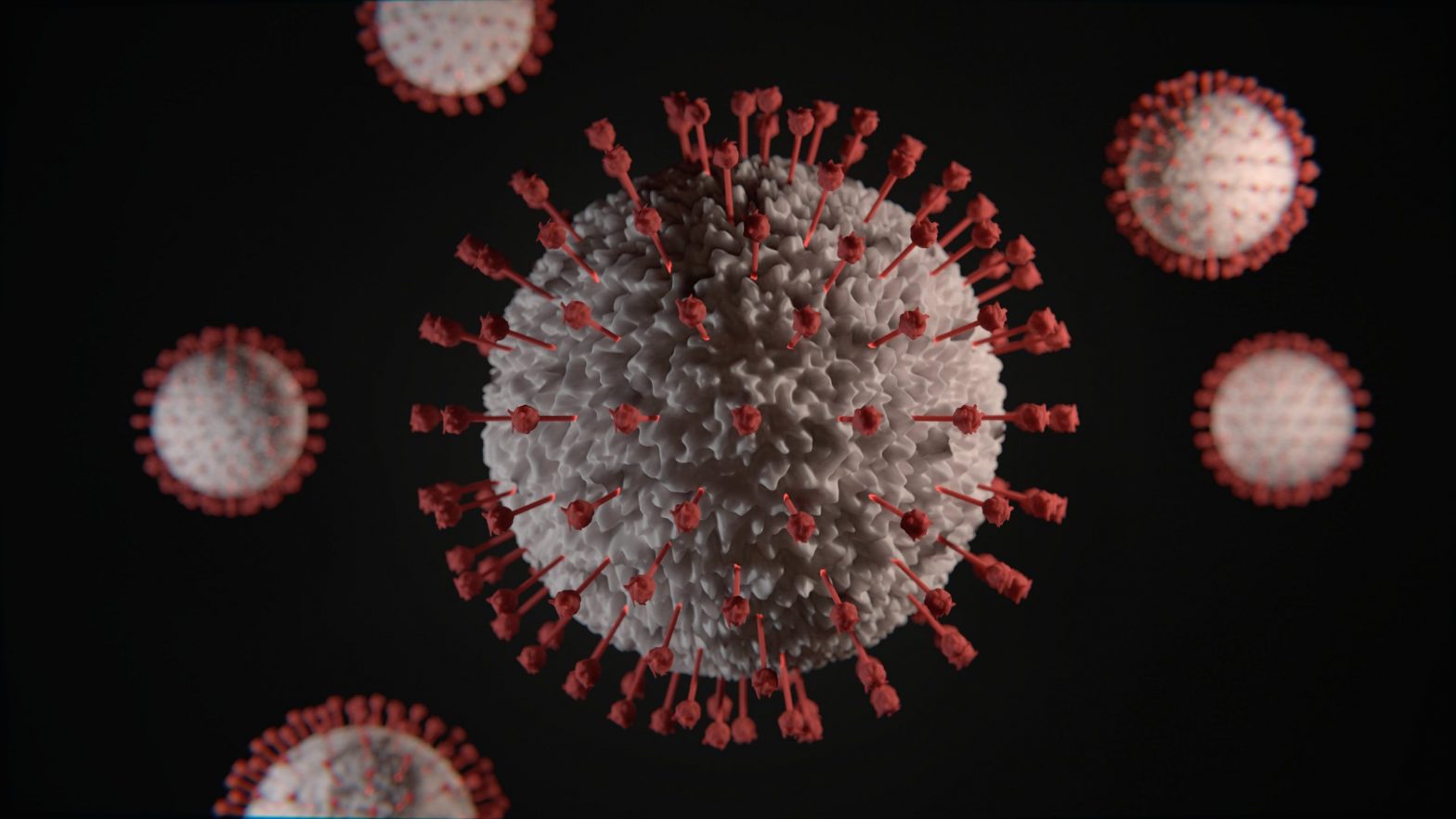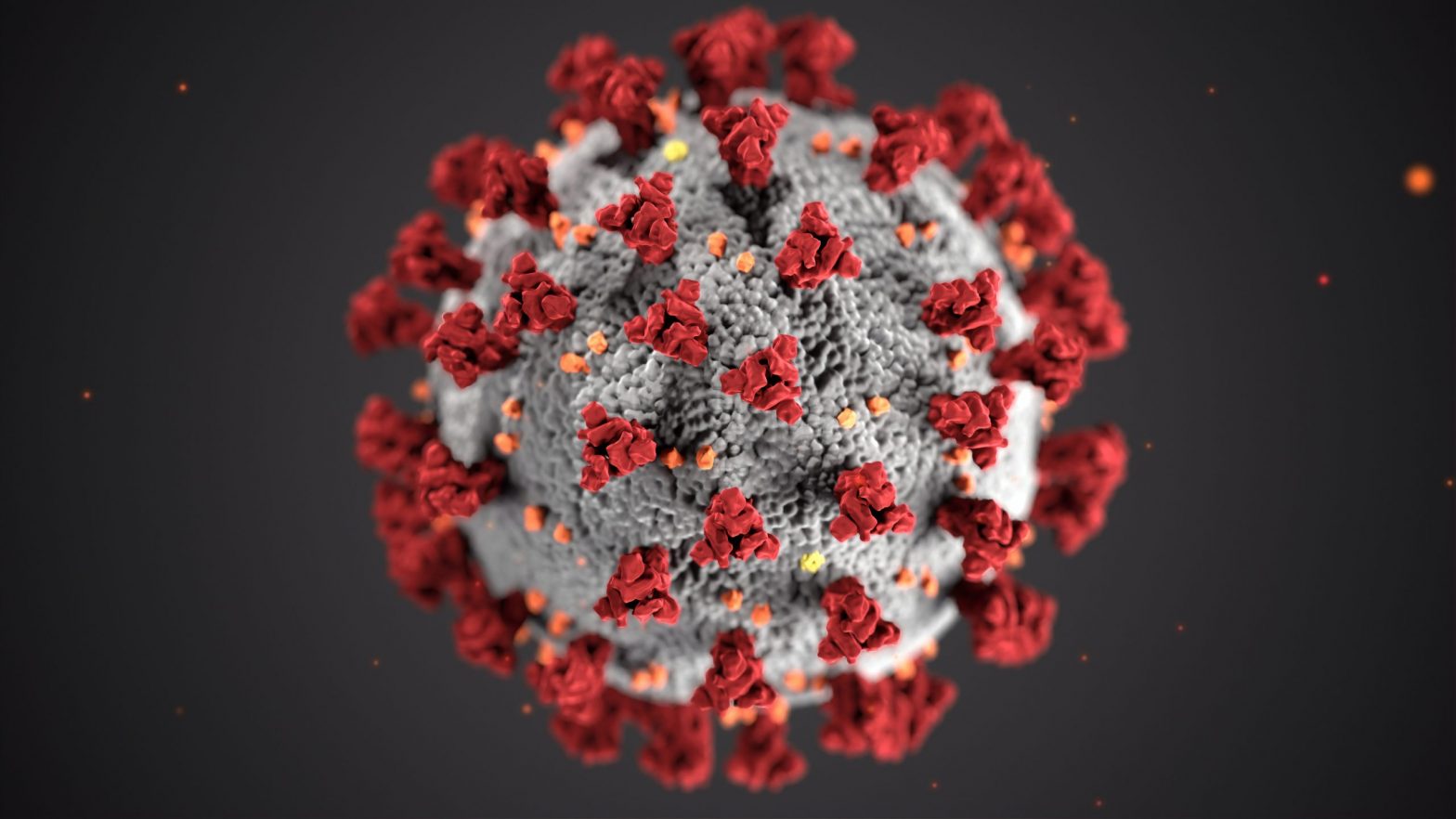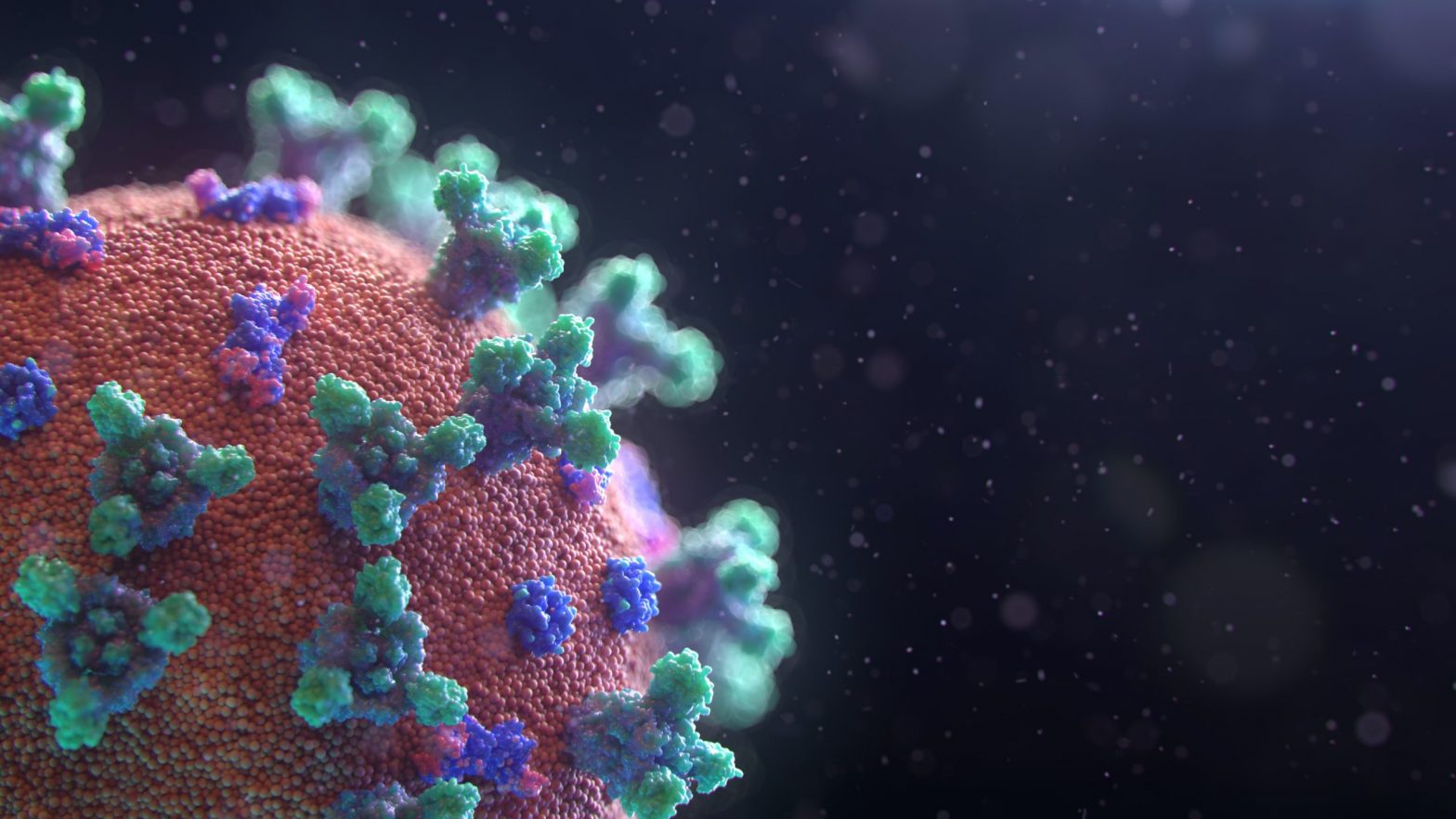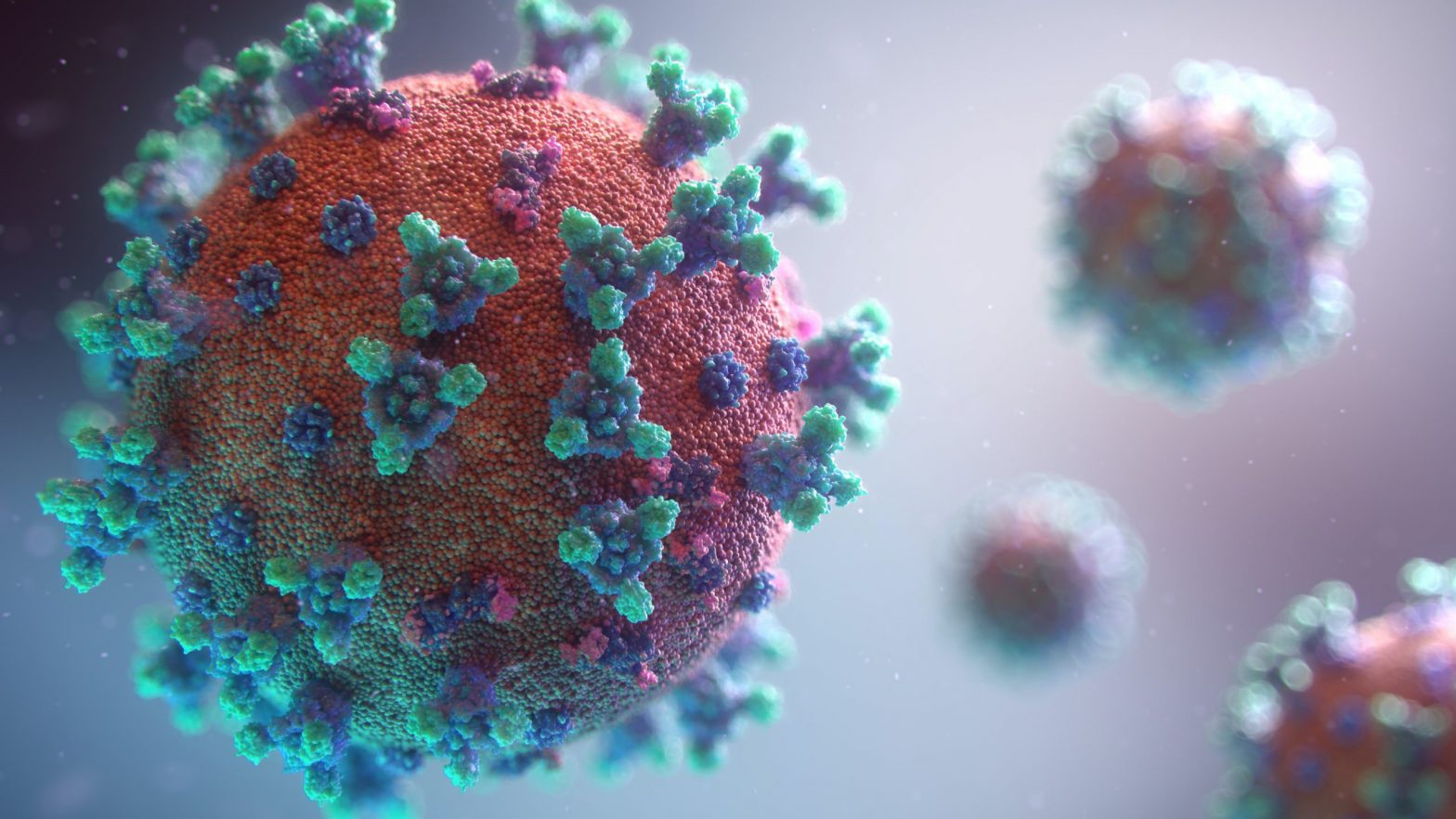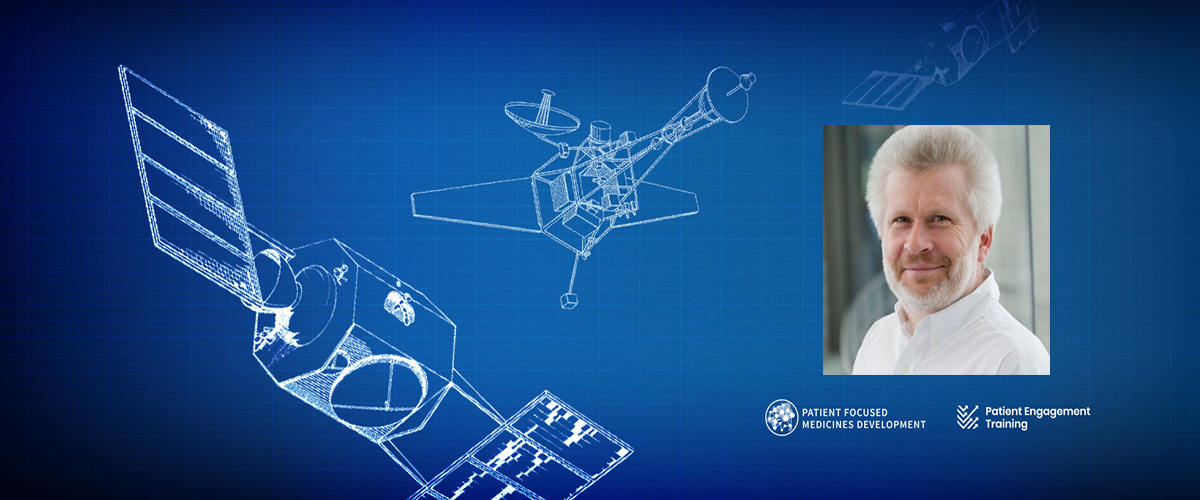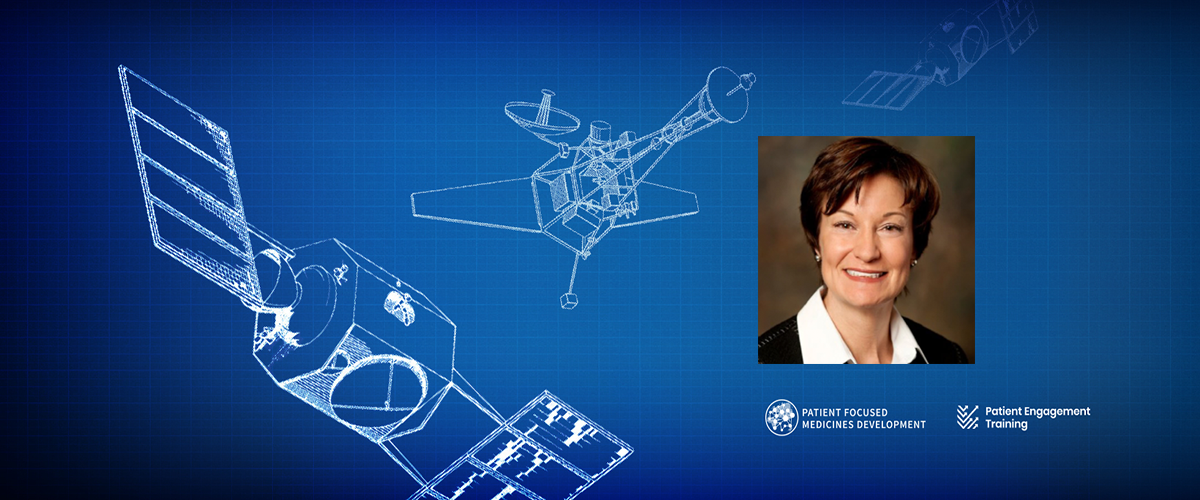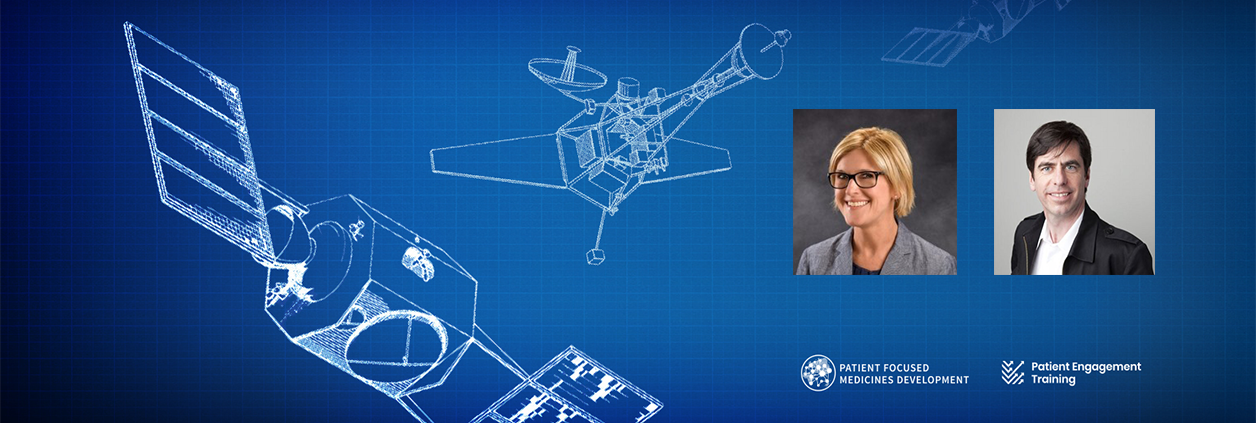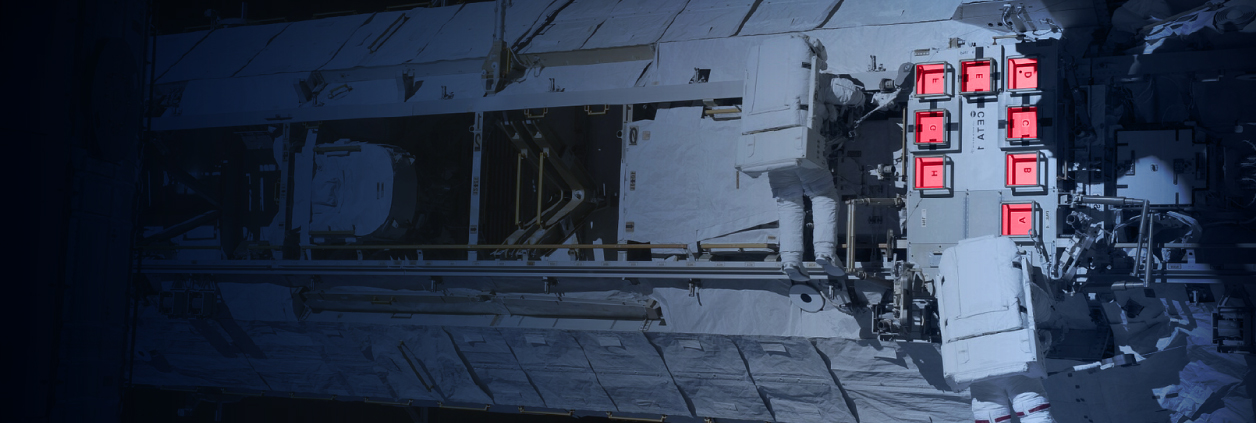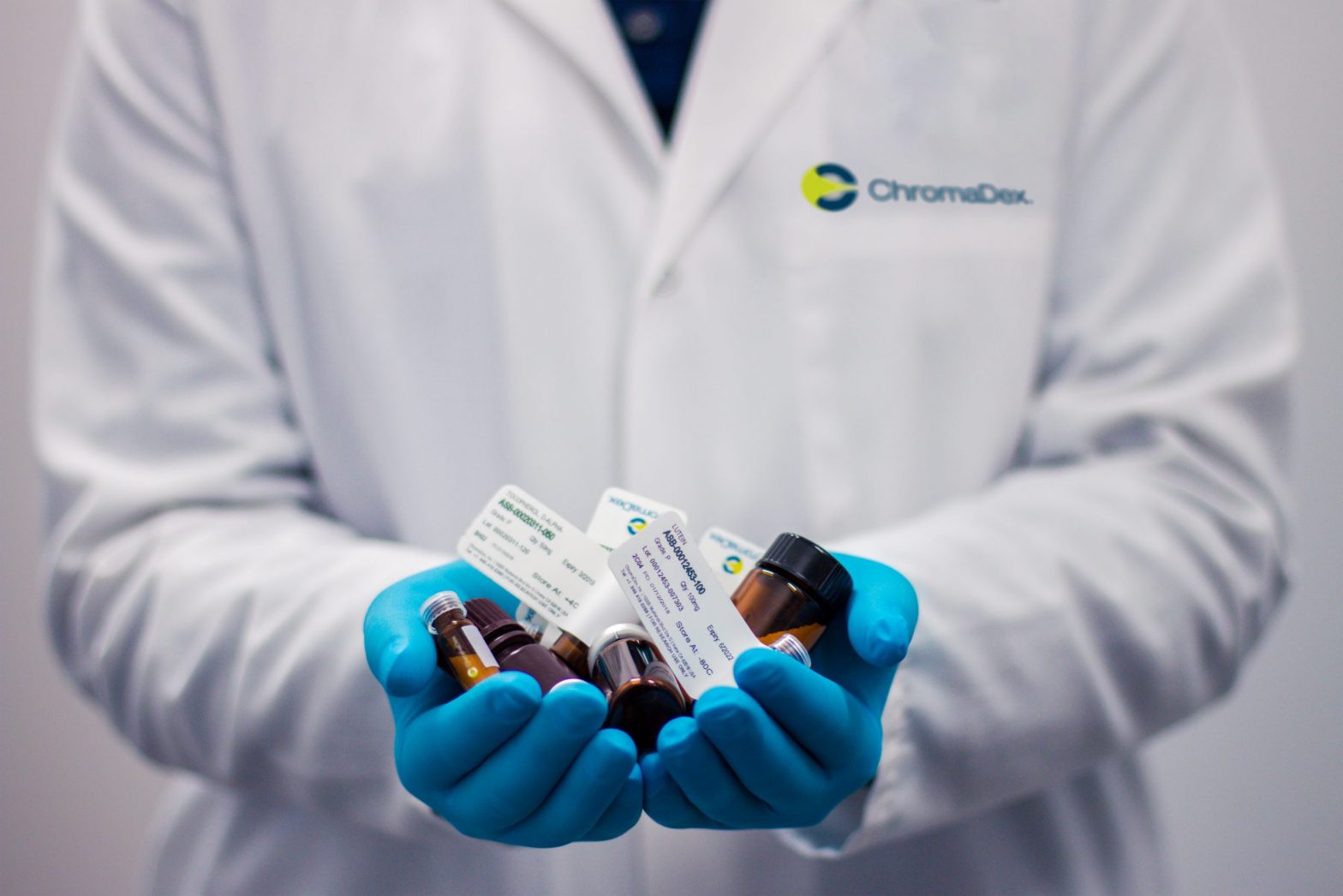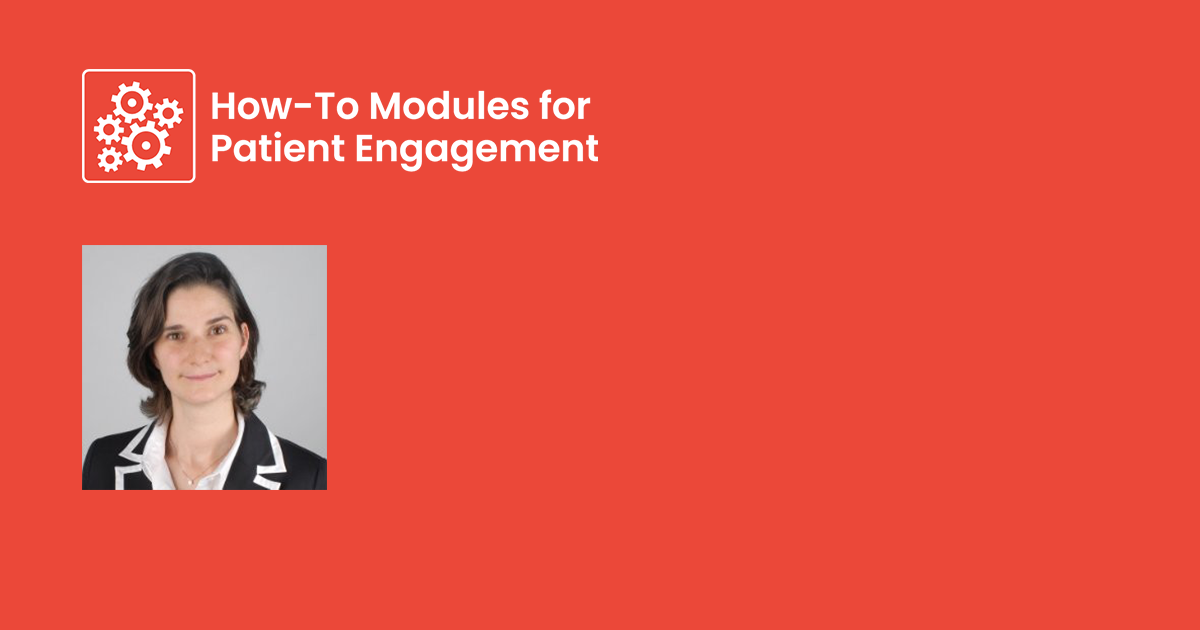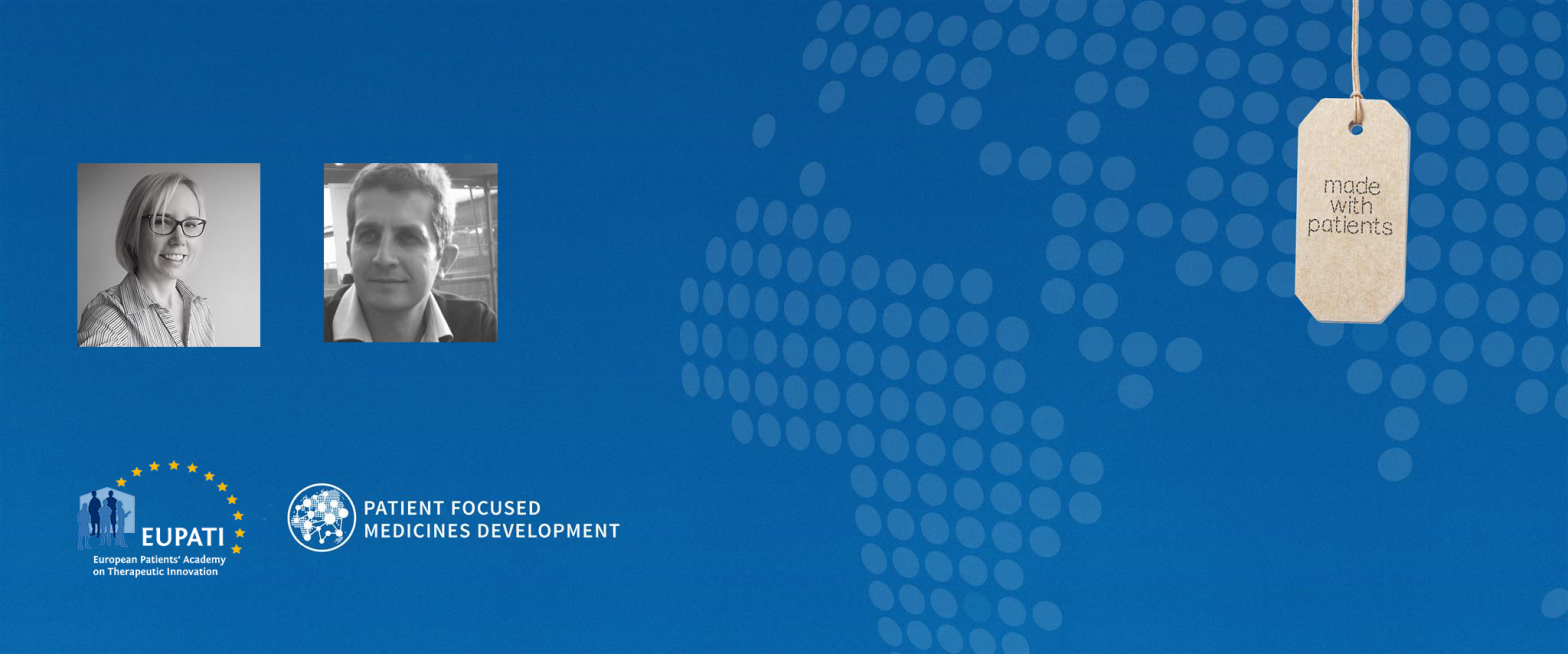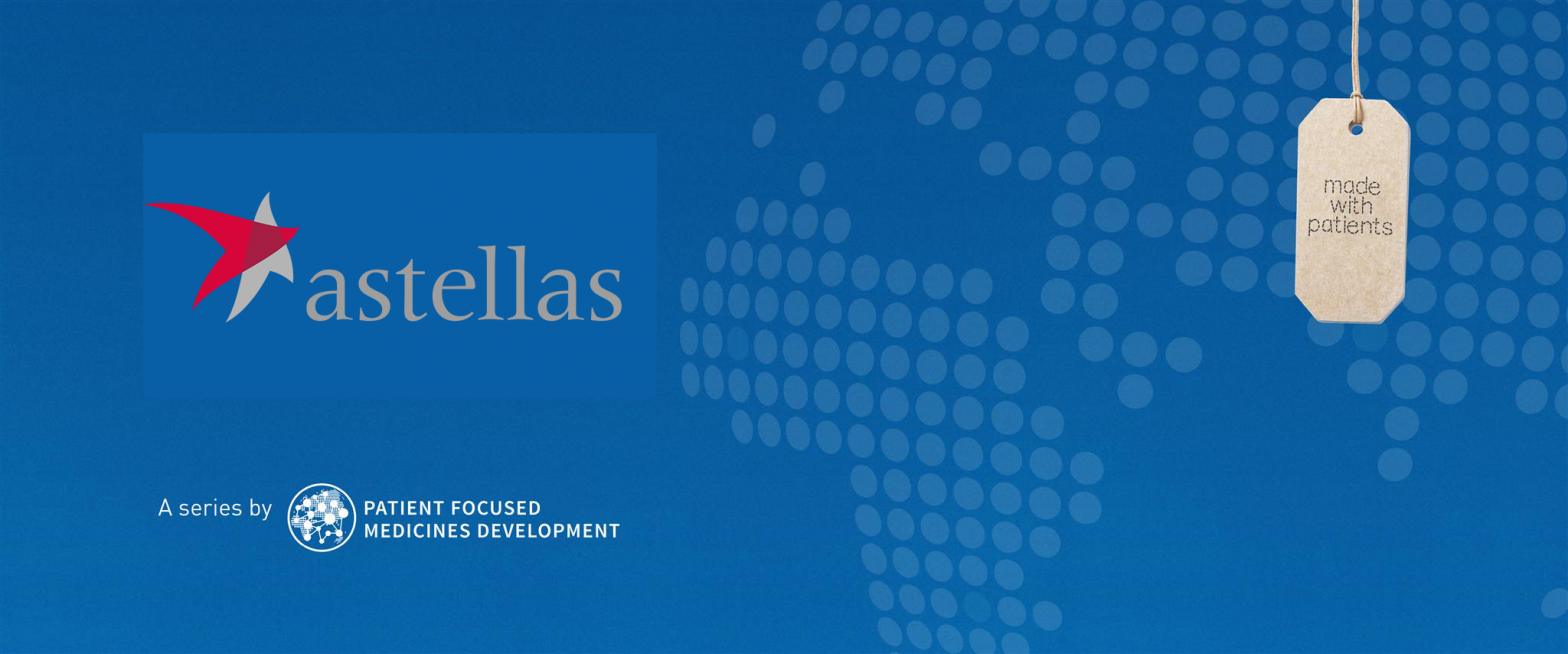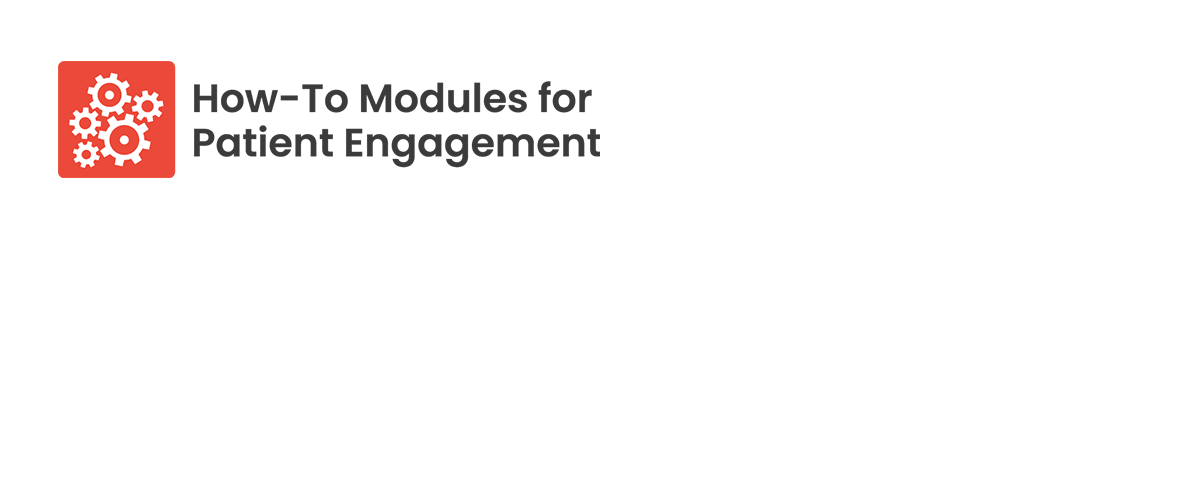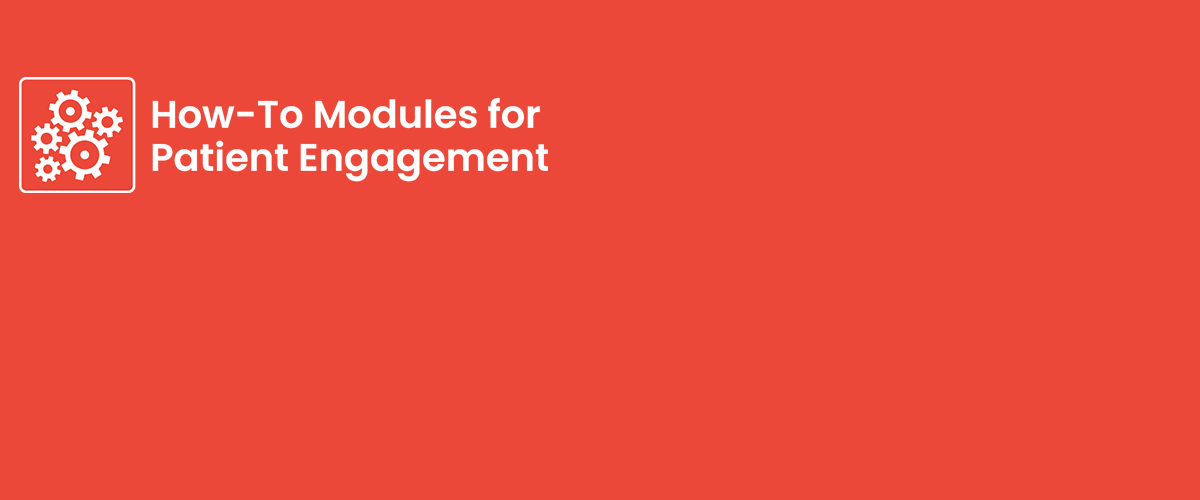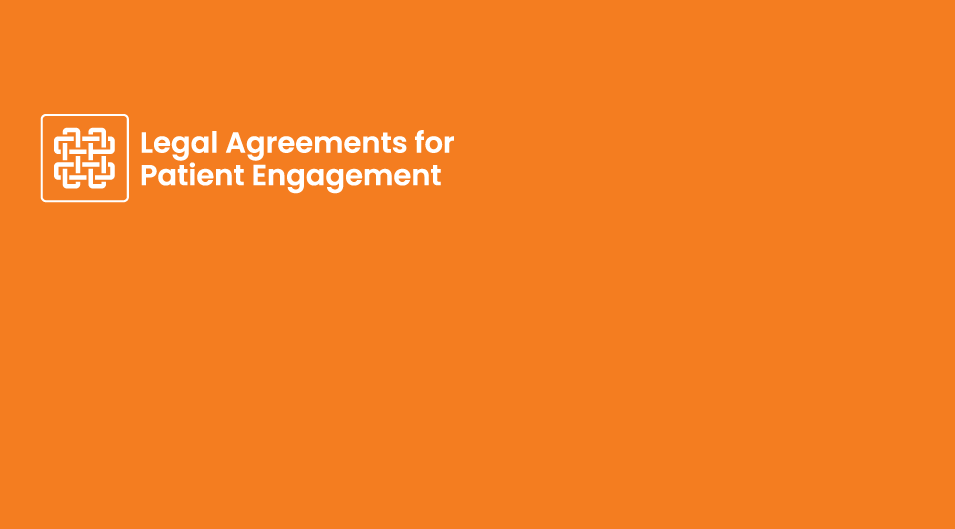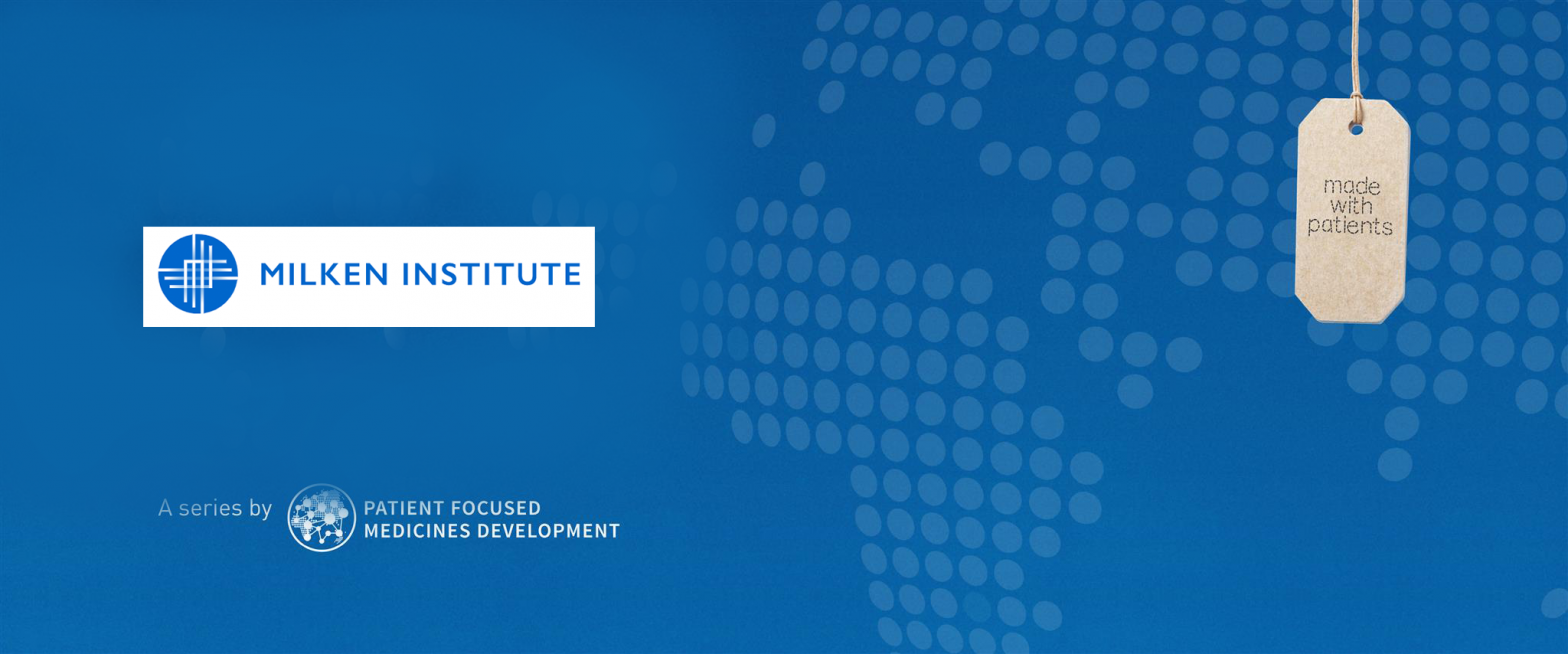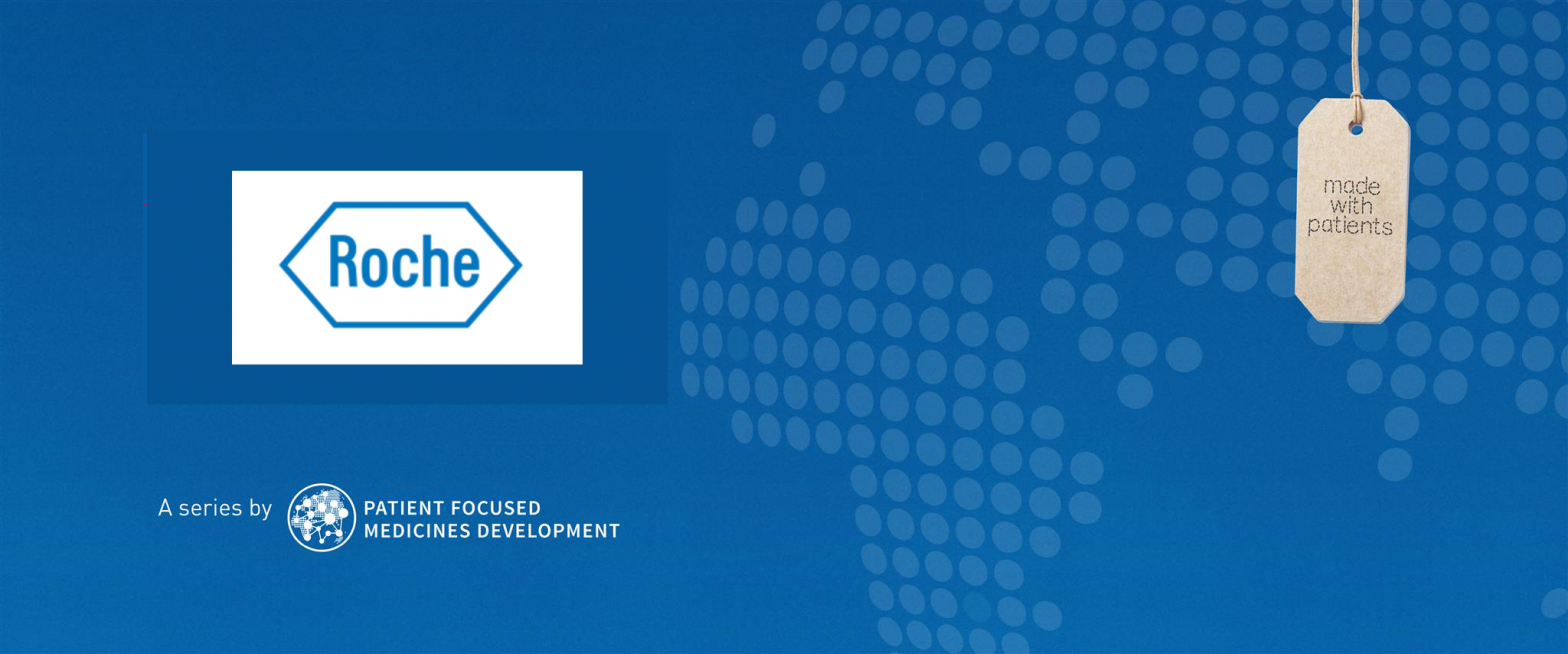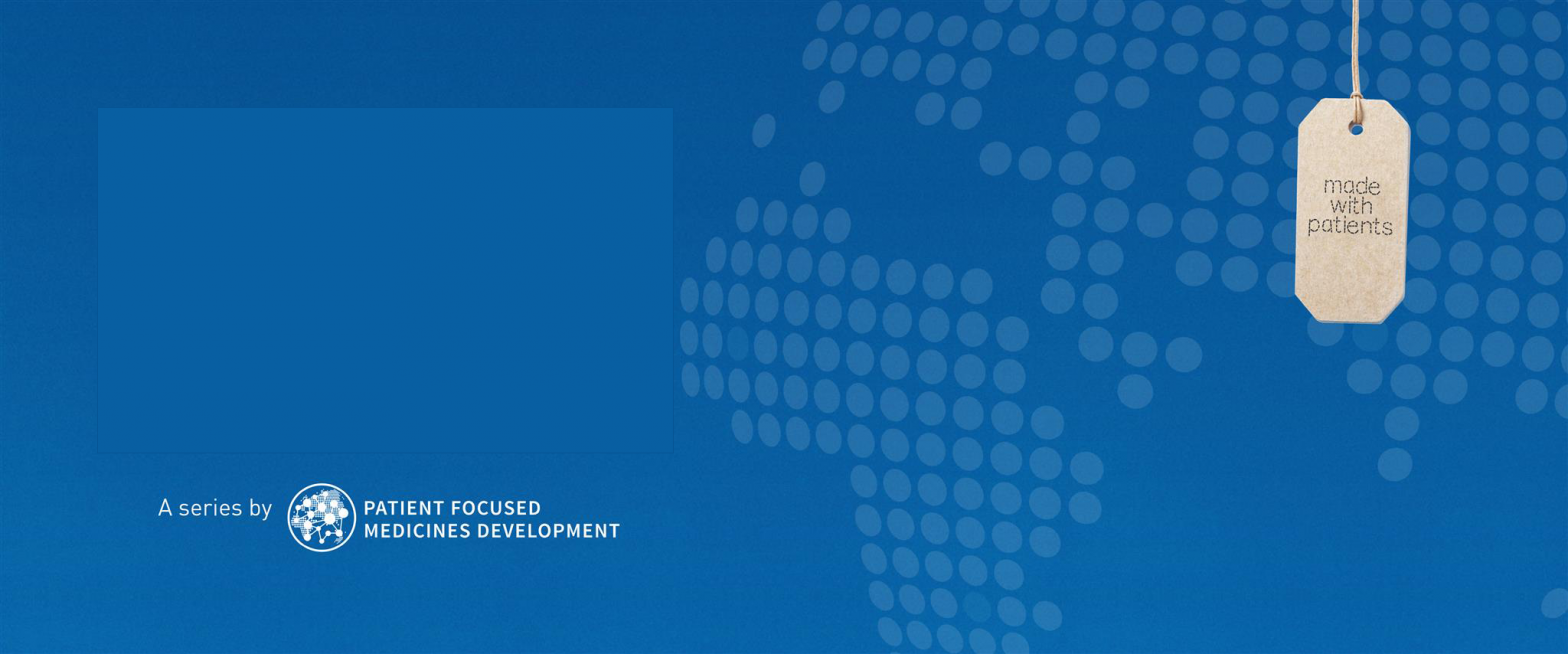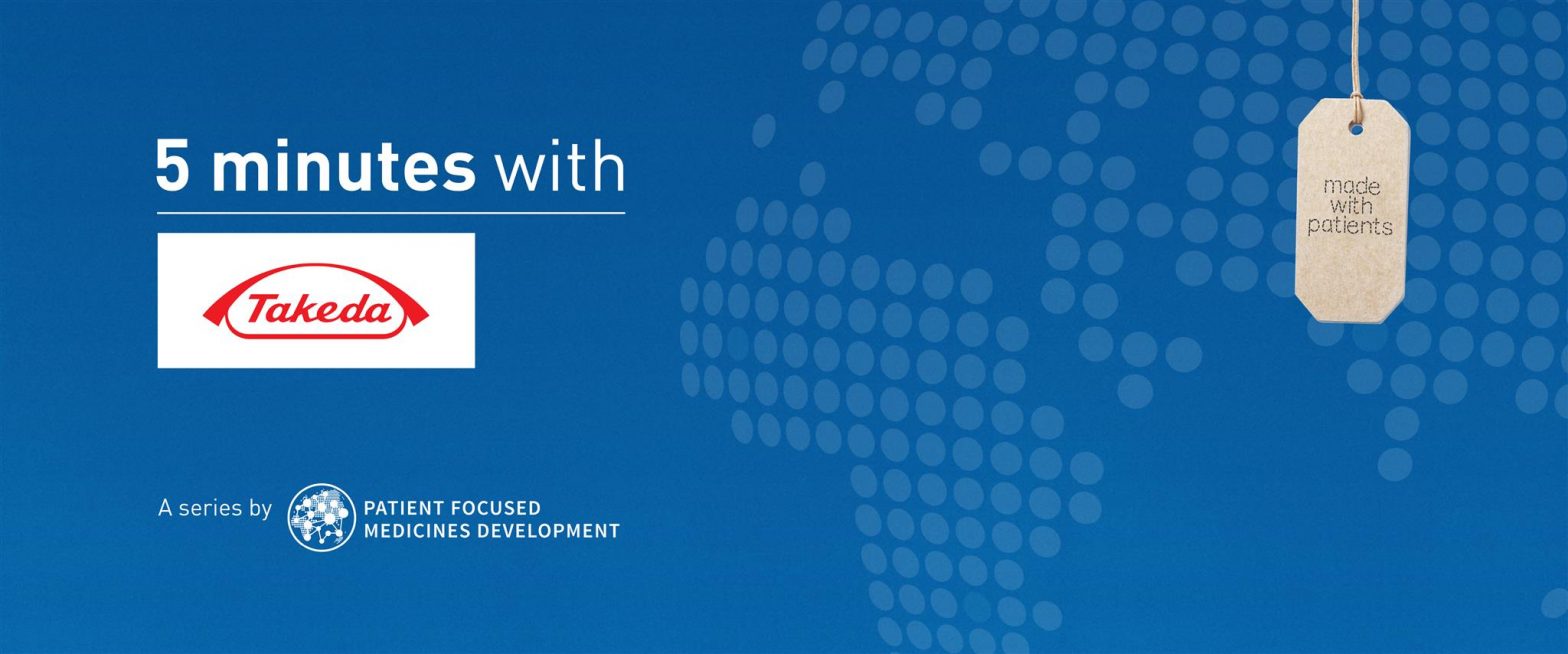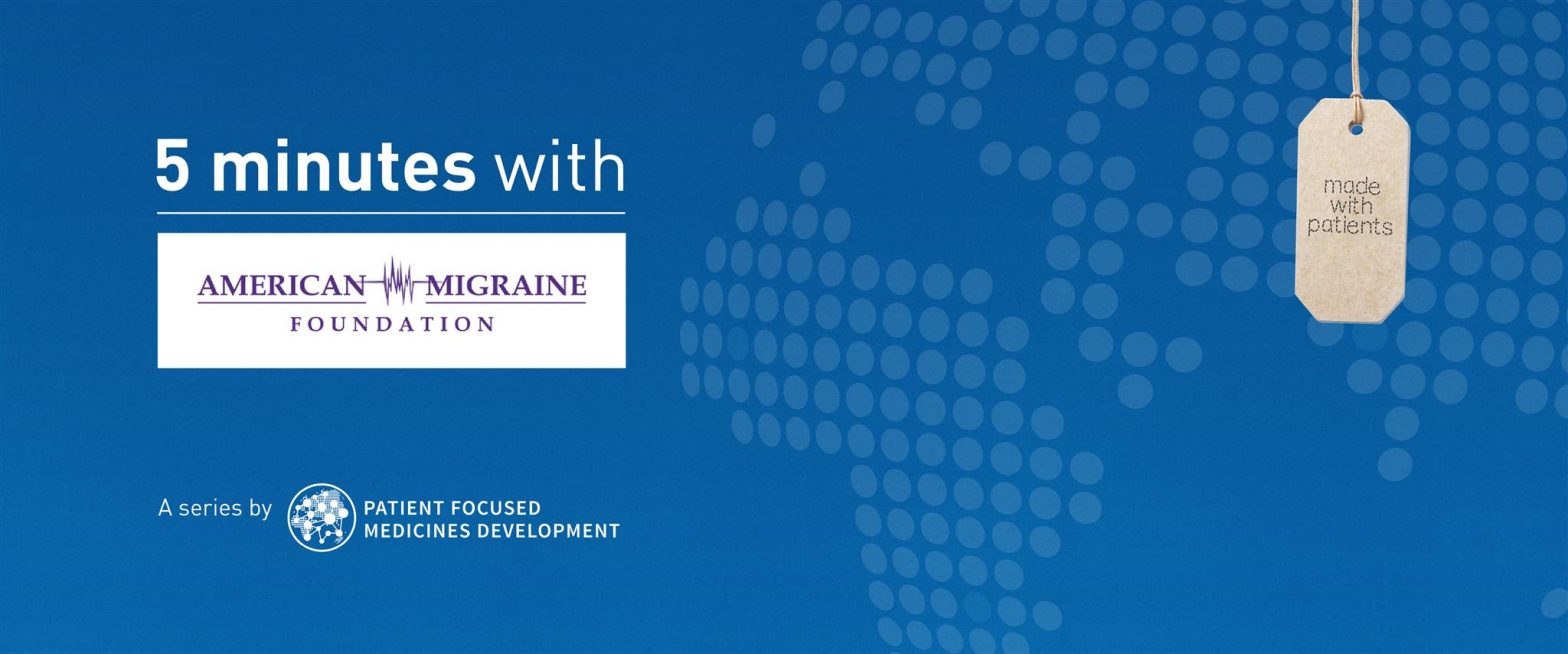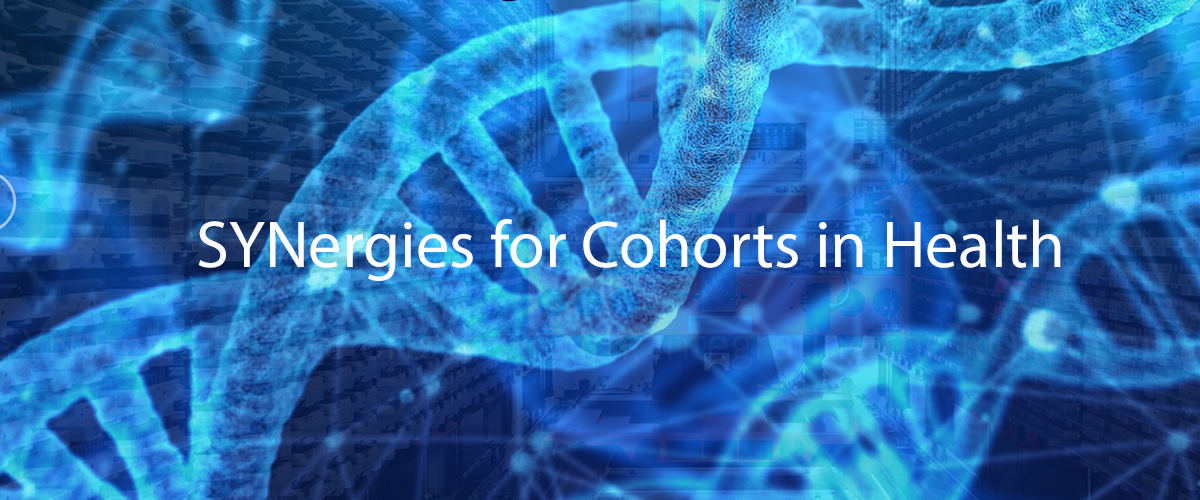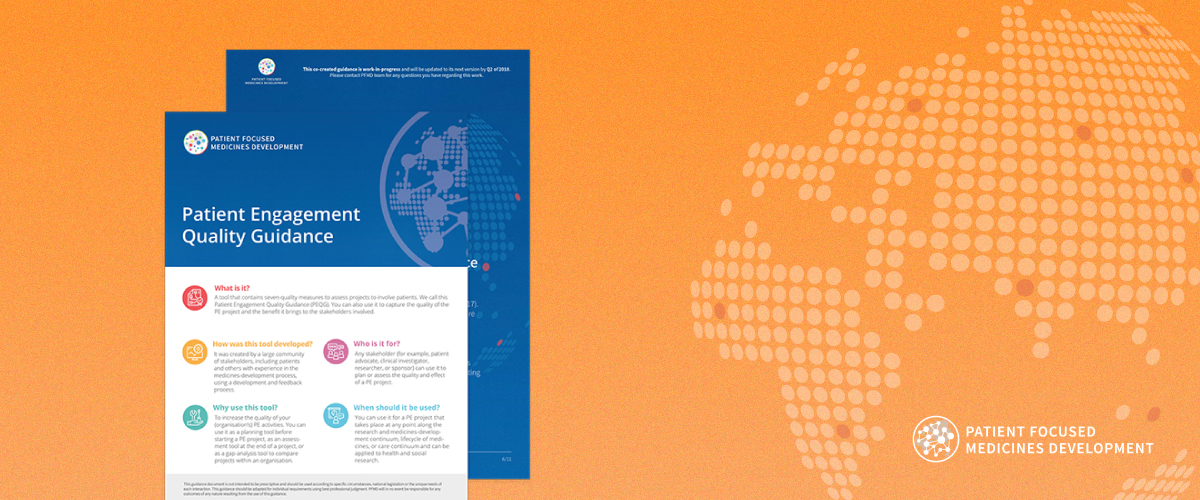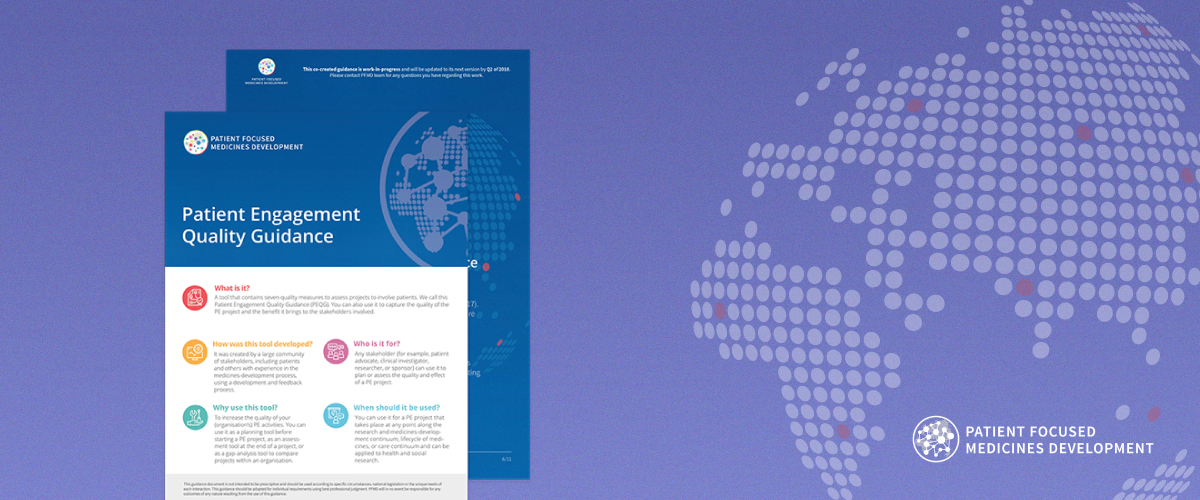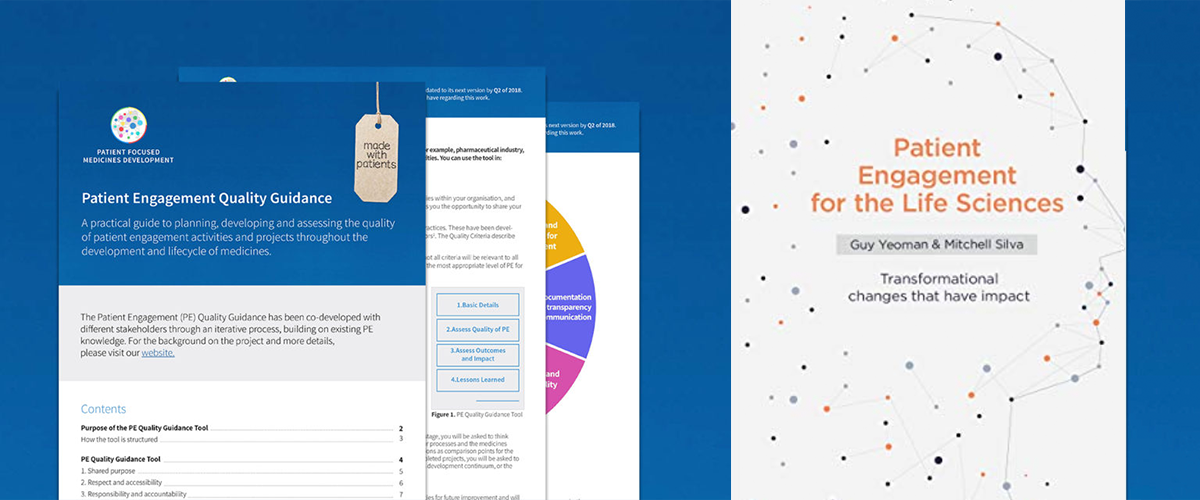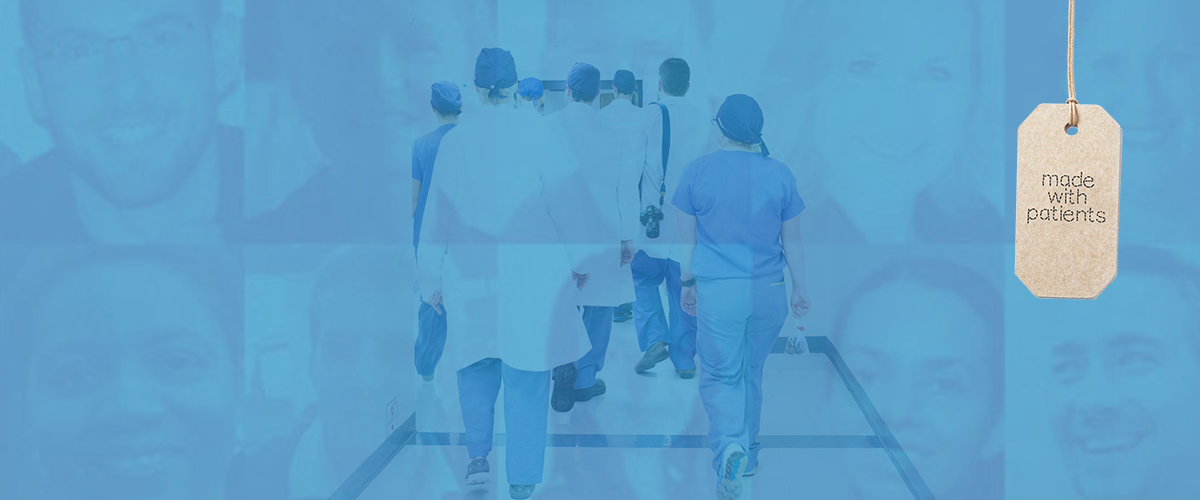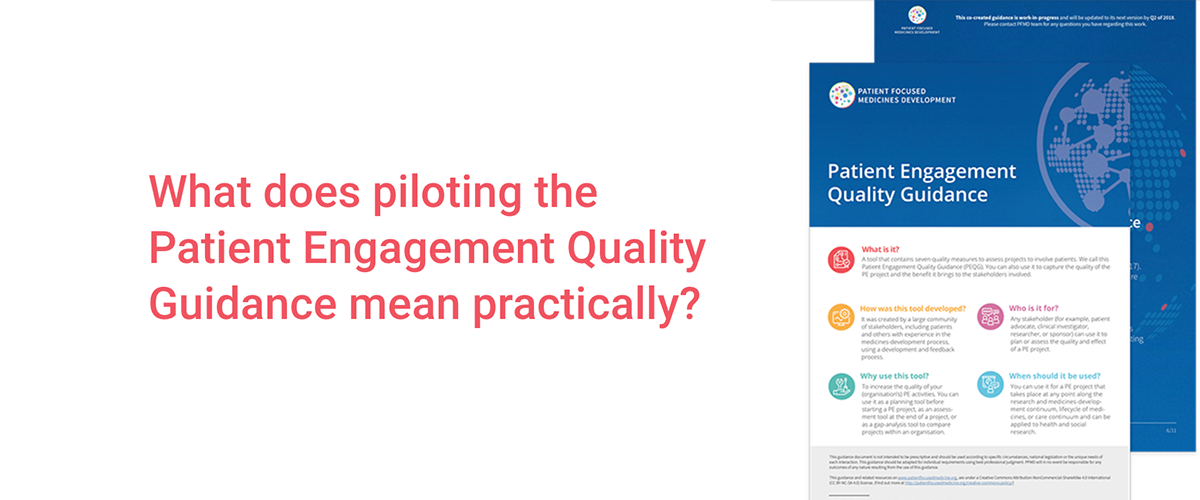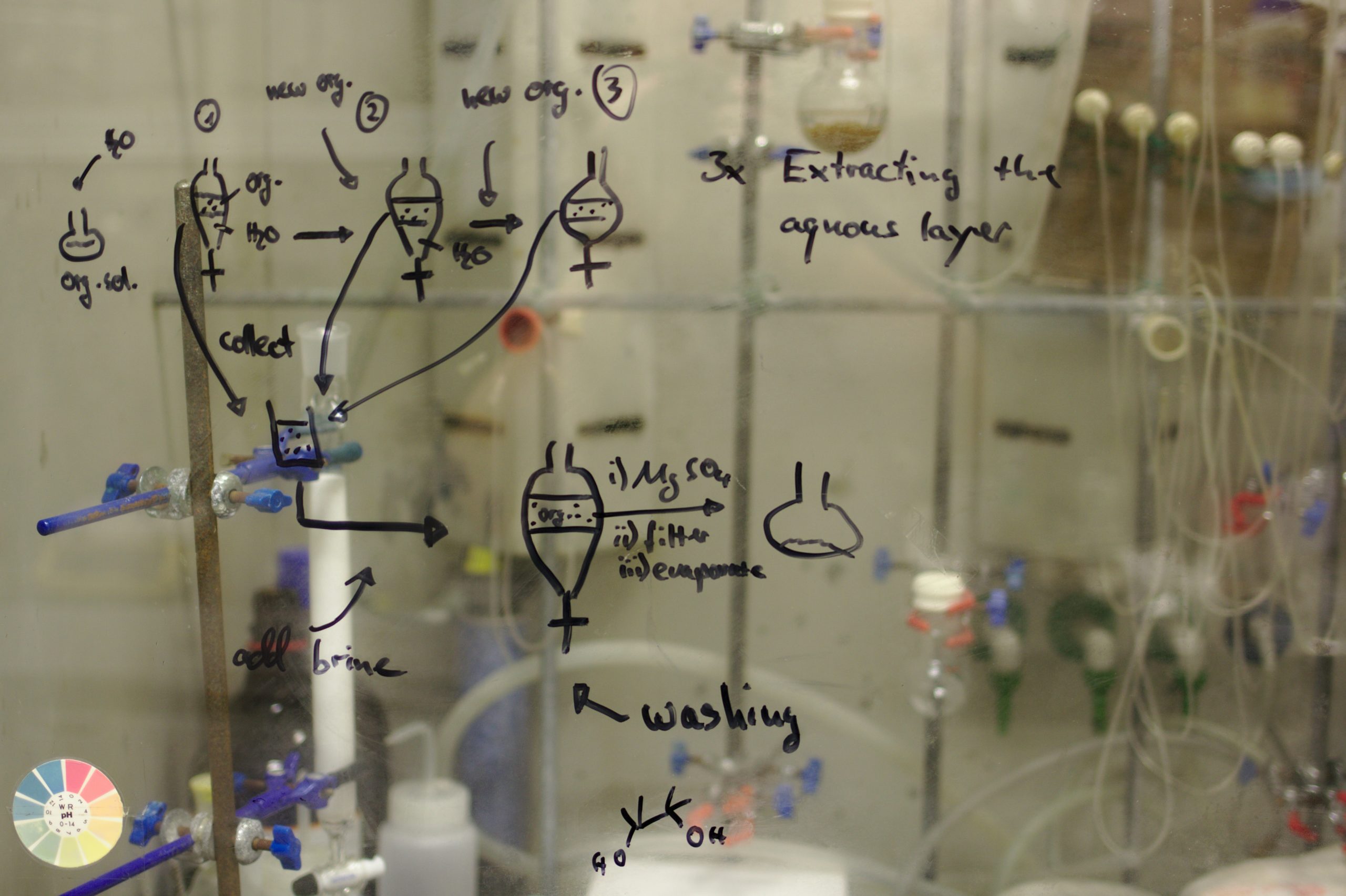A new coalition launched this week 23rd of October and is urging all stakeholders in the medicines research and development pathway to work together to take a truly global approach to patient involvement.
Significant progress is being made which is changing the face of patient engagement; however there is still a need to build on this to develop a universal approach. The process of developing new medicines is essentially global, but today the many initiatives seeking patient engagement and involvement in this process are not harmonized. This lack of harmonization has been identified as a critical challenge to effective patient involvement. The Patient Focused Medicine Development (PFMD) coalition has been established to move beyond identification of barriers towards practical solutions, and is calling on all stakeholders to get involved in order to catalyze global patient engagement.
PFMD is a joint initiative of the patient community and industry that aims to make medicines research and development more patient-centric. PFMD is a non-profit trans-Atlantic coalition whose founders include representatives from the European Patients Forum (EPF), the National Health Council (NHC), the European Patient Academy on Therapeutic Innovation (EUPATI), the Parkinson’s Disease Foundation (PDF), CANCER101 Foundation (C101), the Society for Participatory Medicine as well as Amgen, AstraZeneca, GSK, MSD, Pfizer and UCB.
PFMD is now inviting stakeholders across medicines R & D – including patients and patient organizations, regulators and payers, academia and industry – to work together in a global, inclusive and pre-competitive environment. PFMD have already identified key priority areas where they aim to make tangible progress within a realistic 3–4 year timescale. These include development of a framework for patient engagement; addressing cultural, educational and communication barriers; and sharing best practices.
‘The increasing number and scope of initiatives for patient engagement highlights the common belief of its importance and the value of working in partnership with patient advocacy groups / patient organizations. What is currently missing is a systematic and global approach for this engagement that encompasses the entire medicines R & D pathway. PFMD brings together stakeholders to identify synergies and common priorities so that we are not duplicating efforts but learning from one another what works and why. We aim to develop a solution-focused framework for effective patient engagement that meets the needs of all stakeholders by ensuring wide stakeholder involvement from the outset,’ said PFMD member Tony Hoos, Head of Medical for Amgen in Europe.
The framework will drill down to critical success factors for effective patient engagement and address issues such as the type and timepoints of engagement, key stakeholders at each timepoint, and skills or knowledge required. The framework will also tackle practical, legal and regulatory considerations.
PFMD believes that addressing cultural and communication challenges is key to driving effective patient engagement.
‘We know that there are significant cultural barriers that exist but these are not insurmountable. We need to recognize and overcome challenges and perceptions such as the ‘scientific robustness’ of patient engagement strategies, the potential financial risks or investment required and organizational challenges including resistance to change, scepticism and environmental uncertainties. By calling on all stakeholders to participate in this initiative we will be truly inclusive and representative. We will better understand and be able to address cultural challenges that impact common goals for patient engagement,’ said PFMD member Marc Boutin, Chief Executive Officer of the NHC.
PFMD will also be working together to drive a culture change towards better communication and collaboration across different initiatives.
‘This is an exciting time for patient engagement where we are seeing real progress. Joining PFMD and communicating widely will really accelerate this progress for the benefit of all stakeholders,’ said PFMD member Murray Stewart, GSK’s Chief Medical Officer. “There is a lot of good quality work out and there and we need to pull these together to identify and share good practice, assess unmet needs and develop practical solutions to meet those needs. This will rely on open and honest communication between individuals and organisations.”
Master Classes on patient engagement for all stakeholders aimed at comprehensive sharing of best practices as they emerge are already being planned.
With resources now in place to kick-start priority projects, PFMD is opening up membership to other organizations and individuals willing to actively contribute towards shared goals. ‘This is a real opportunity to catalyze global patient engagement in the development of new medicines. The more stakeholders that are actively involved, the more we can reach true consensus and define the future landscape for patient involvement. With wide stakeholder involvement, PFMD will be ideally placed to give direction and guidance for patient engagement and will be a fertile breeding ground for innovative ideas and initiatives that will have a lasting impact,’ said Tony Hoos.



